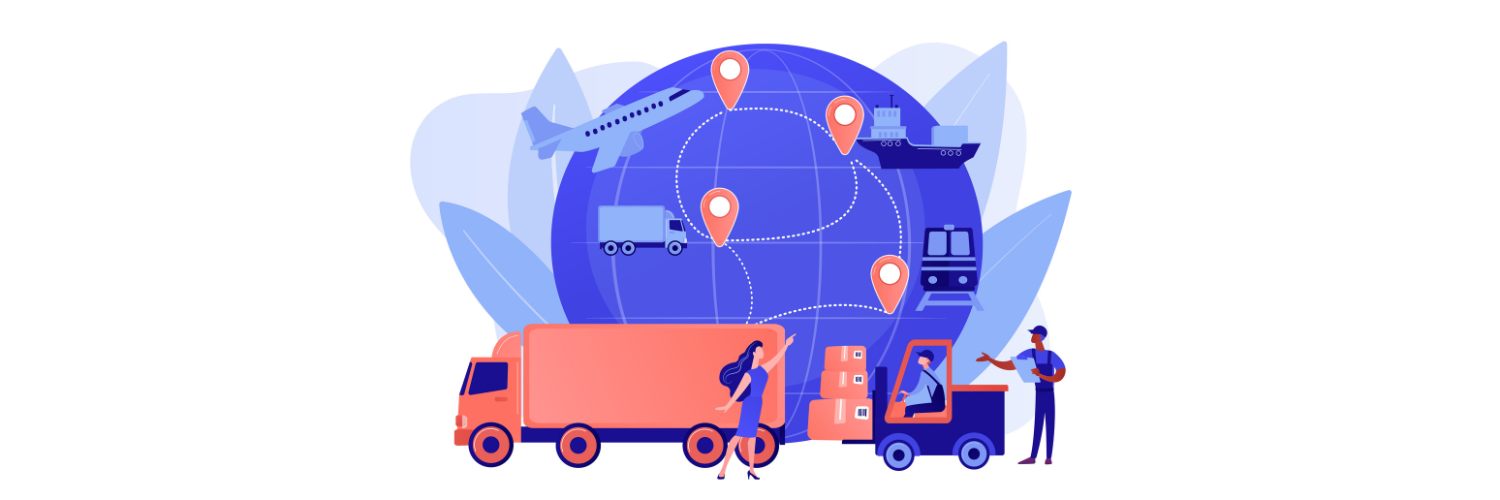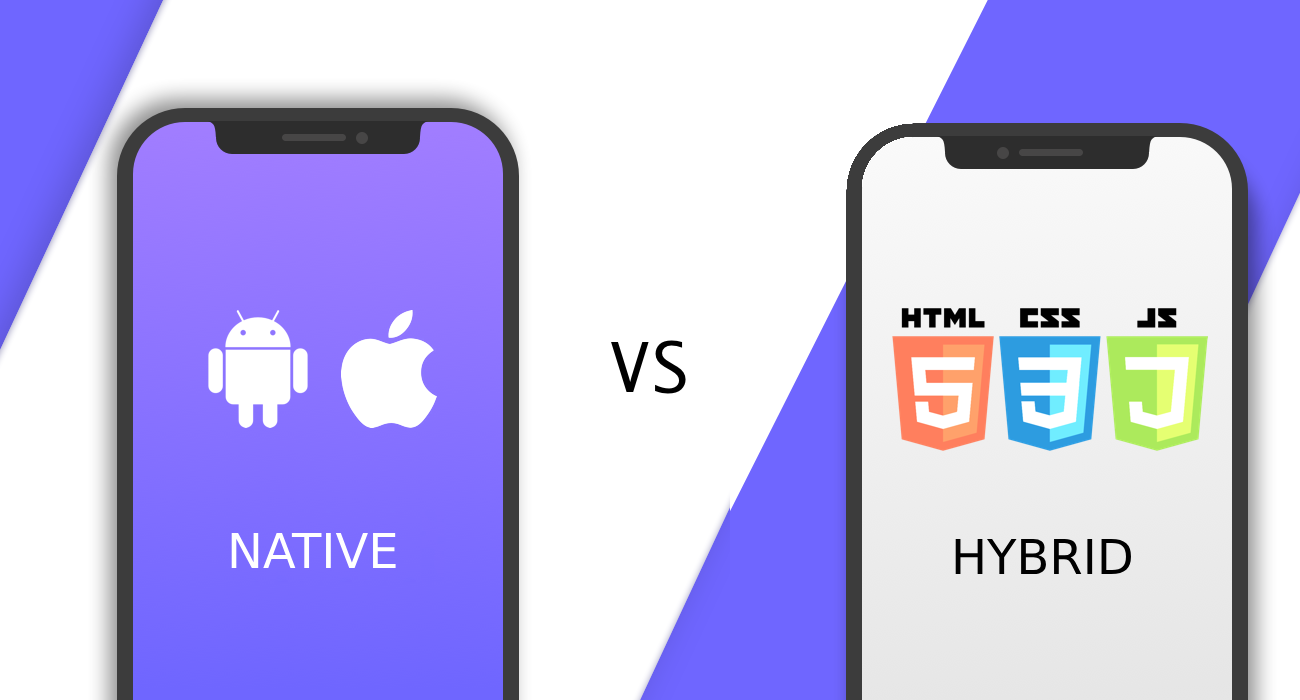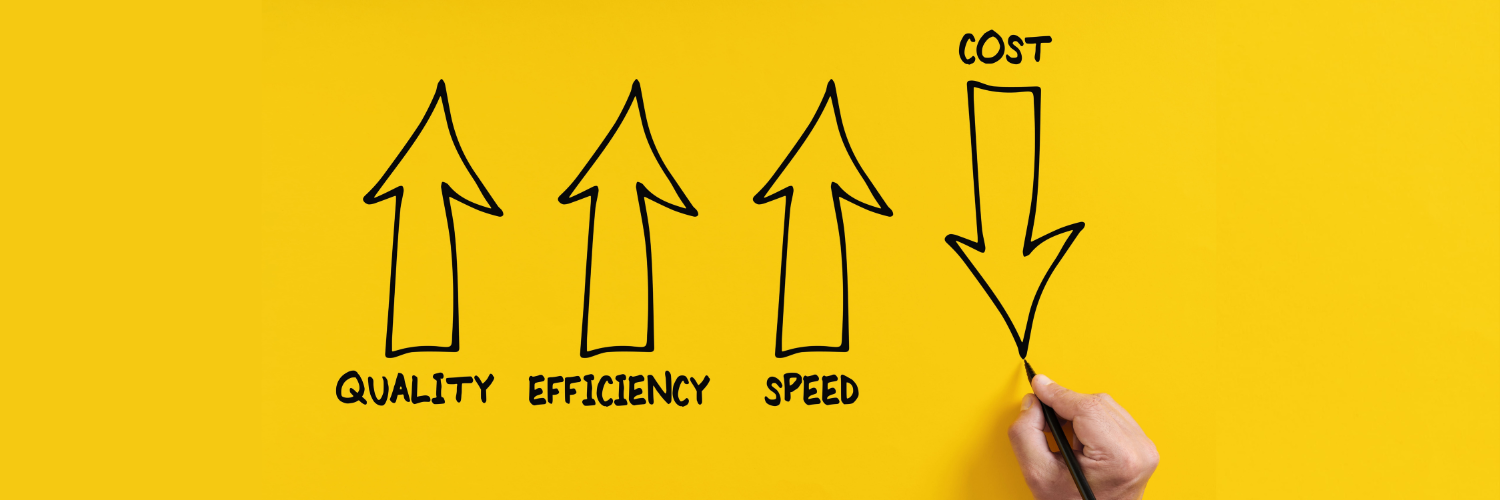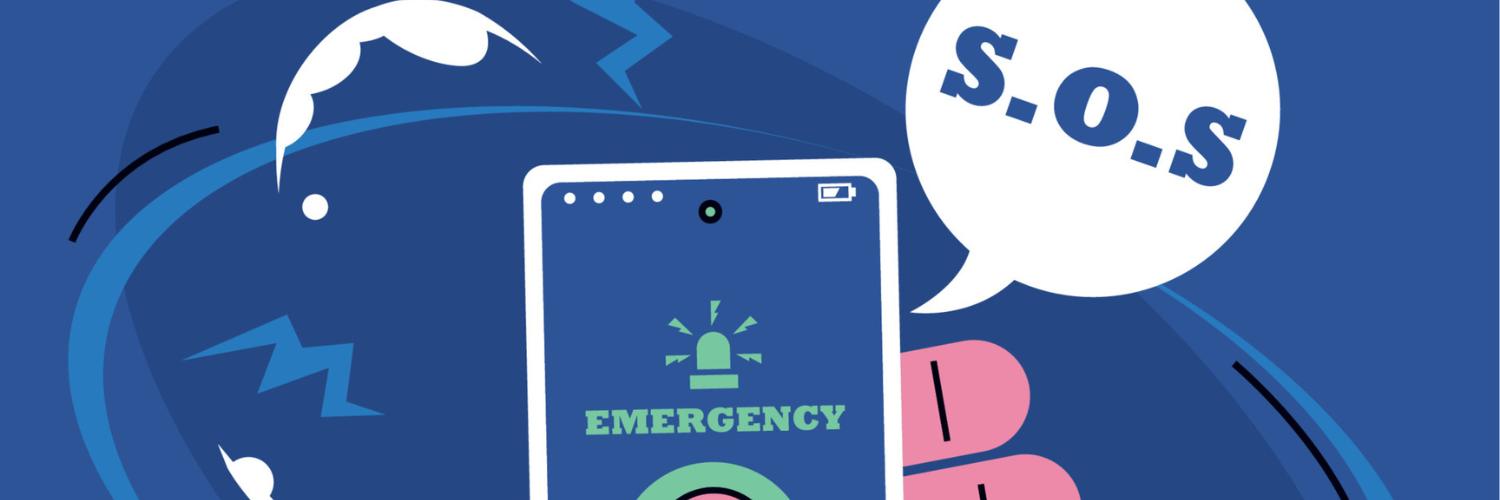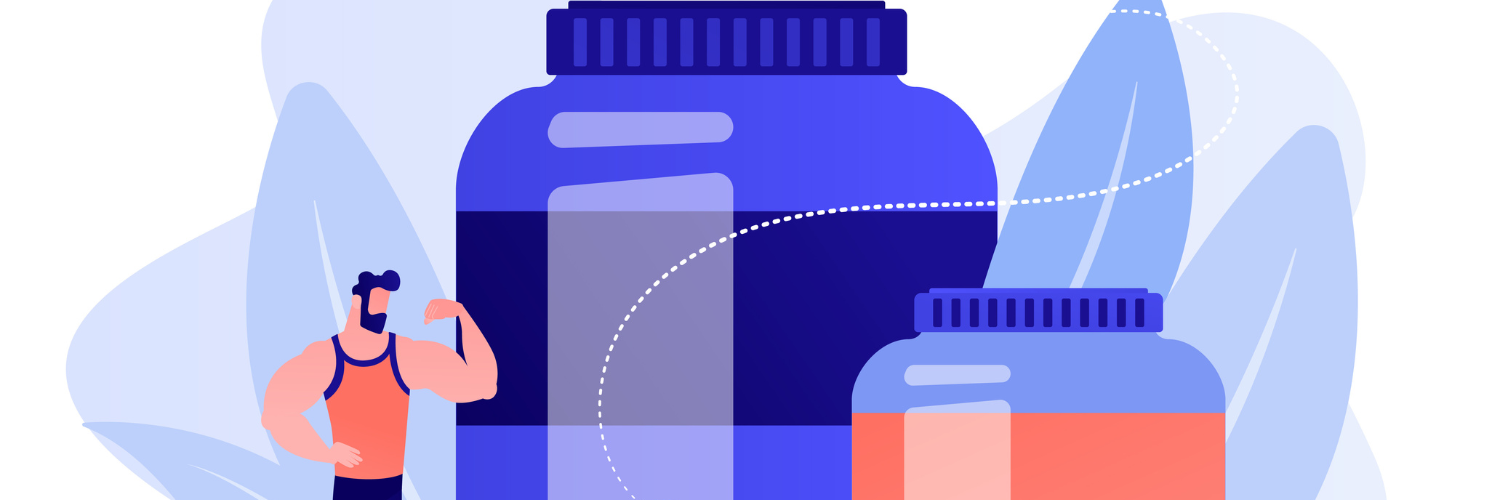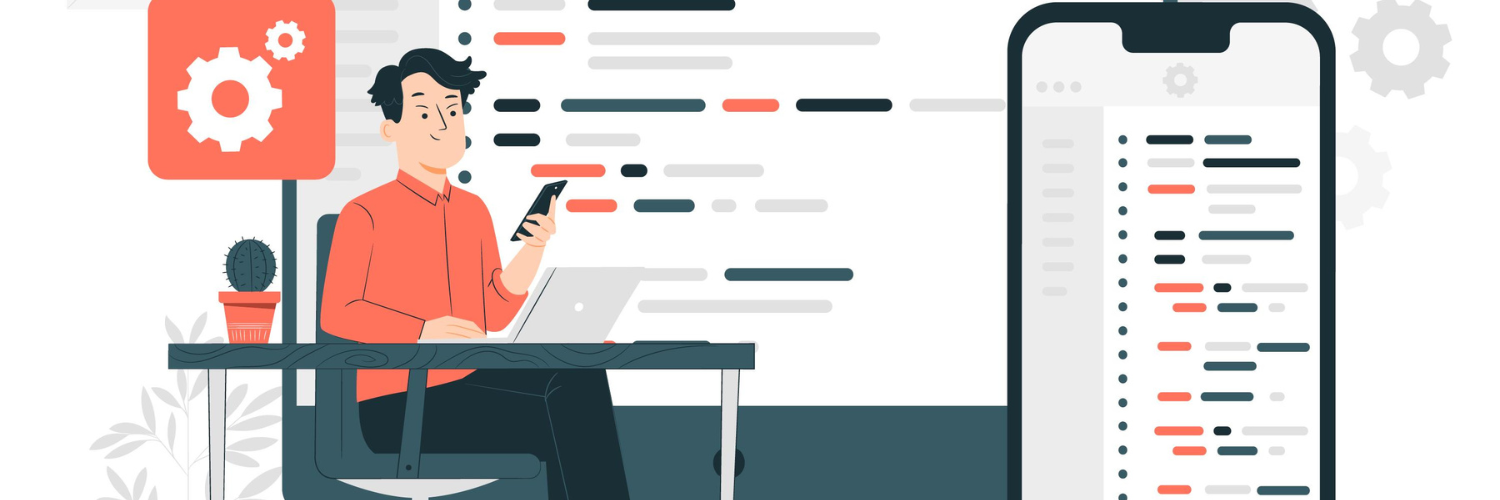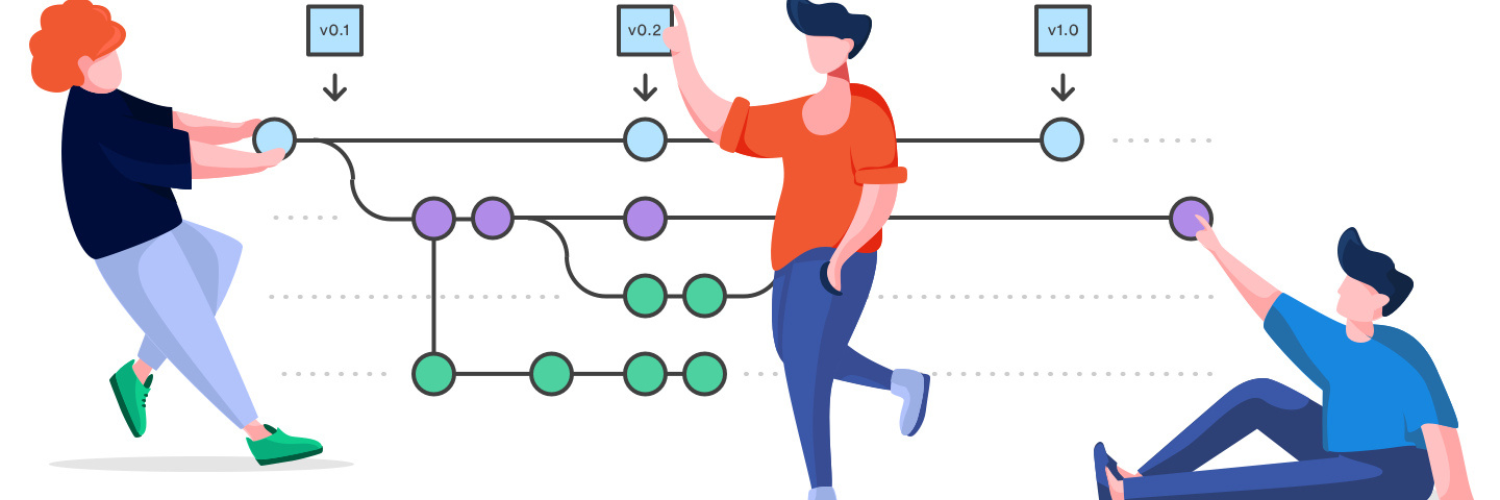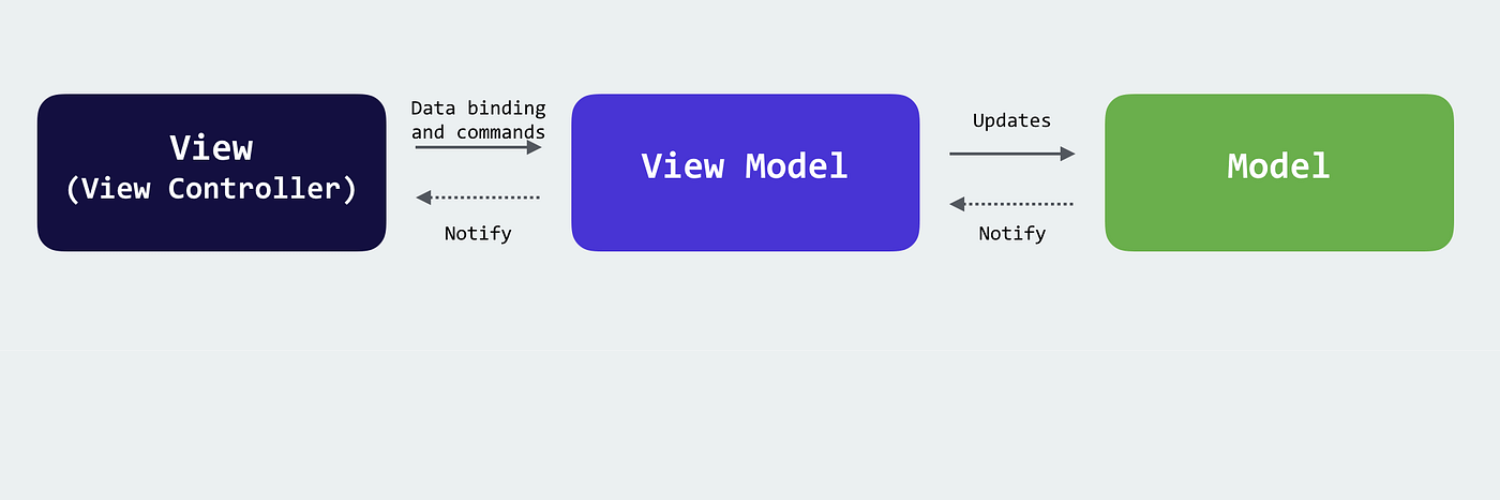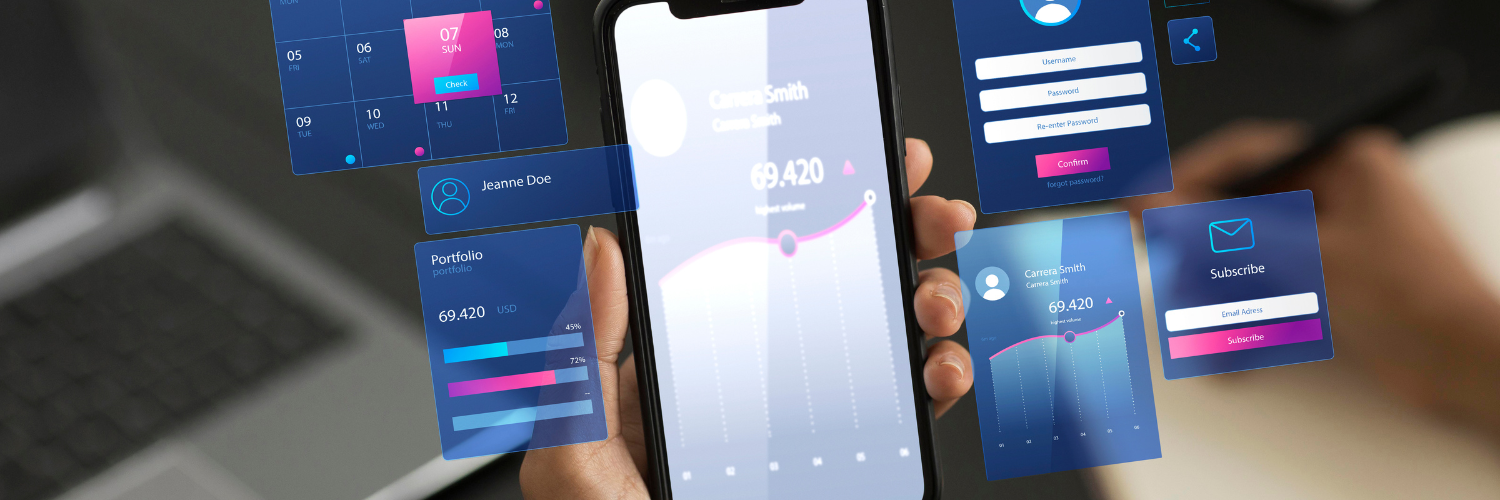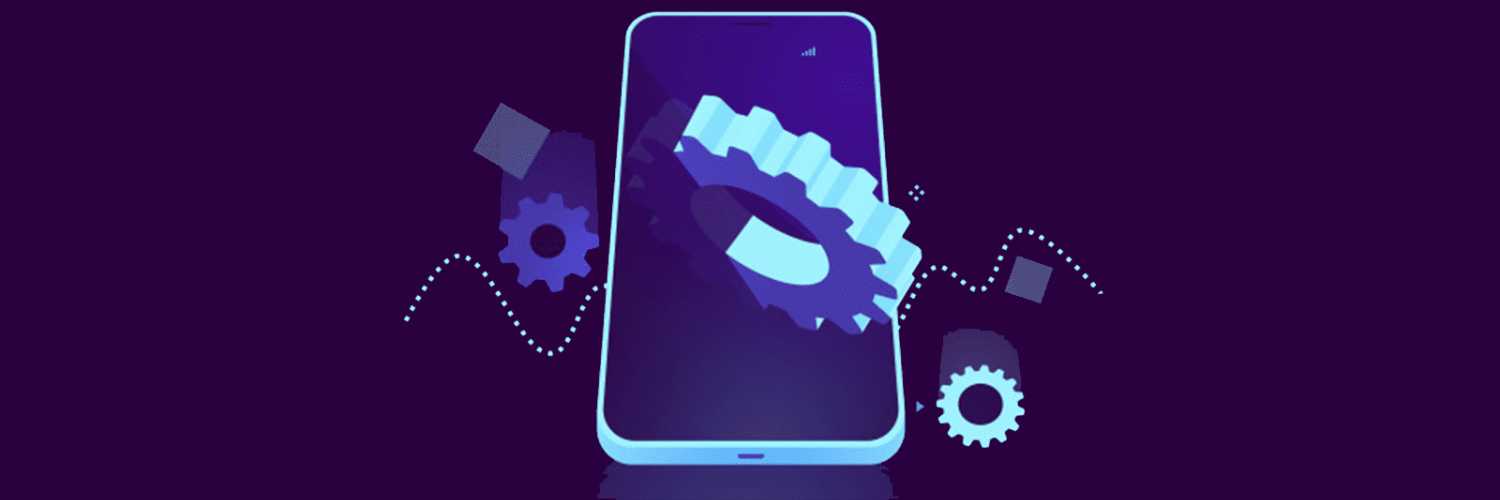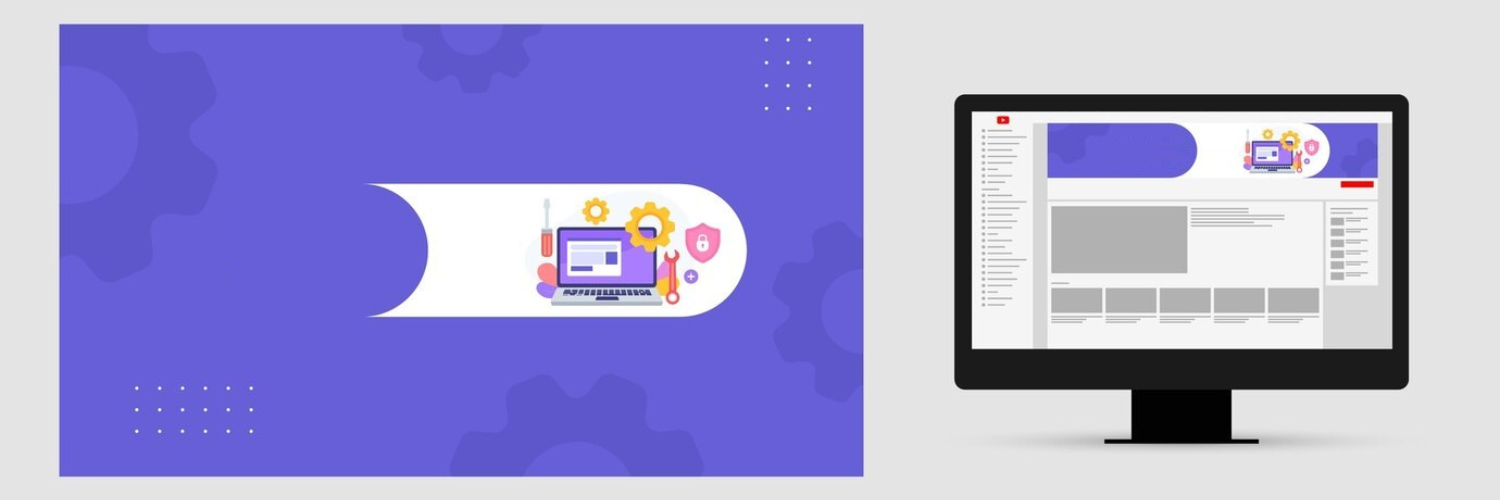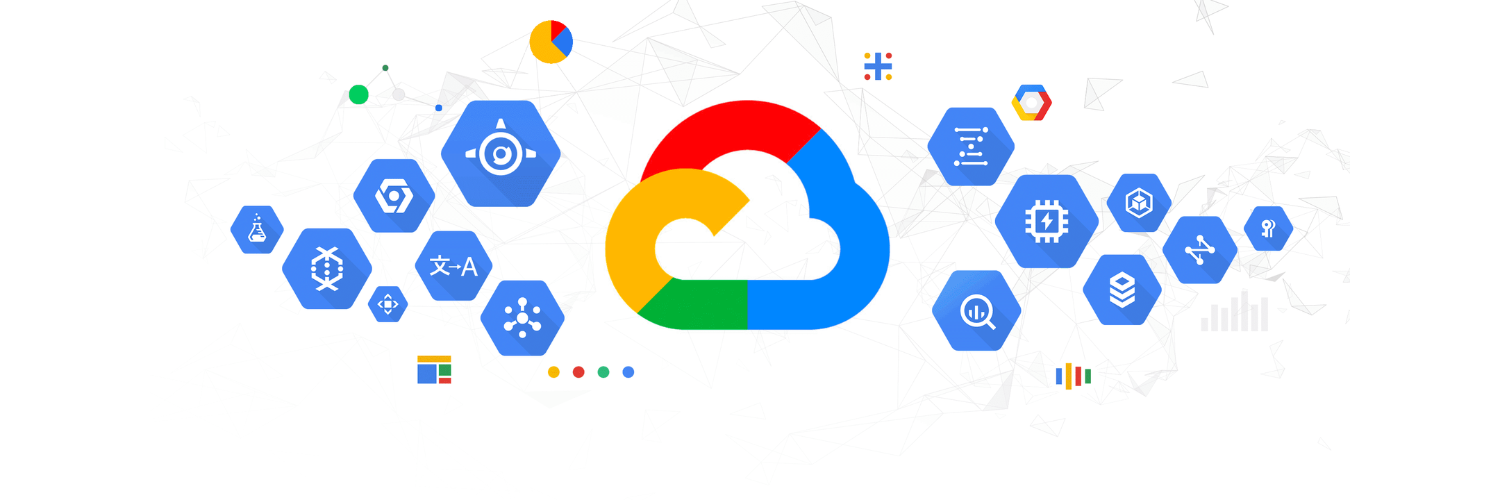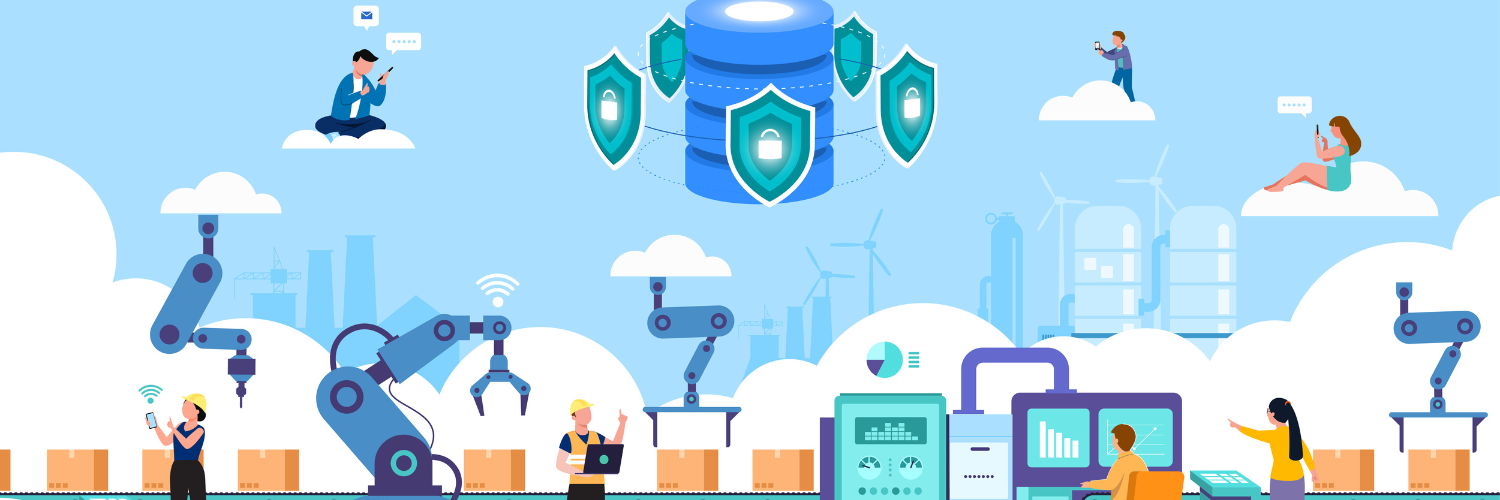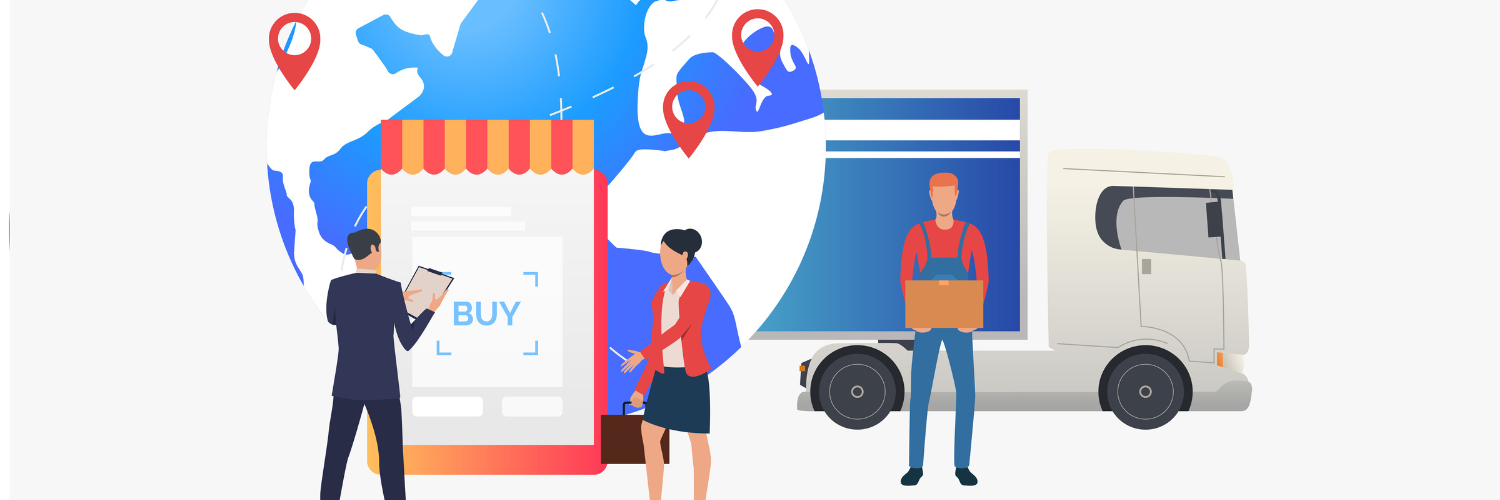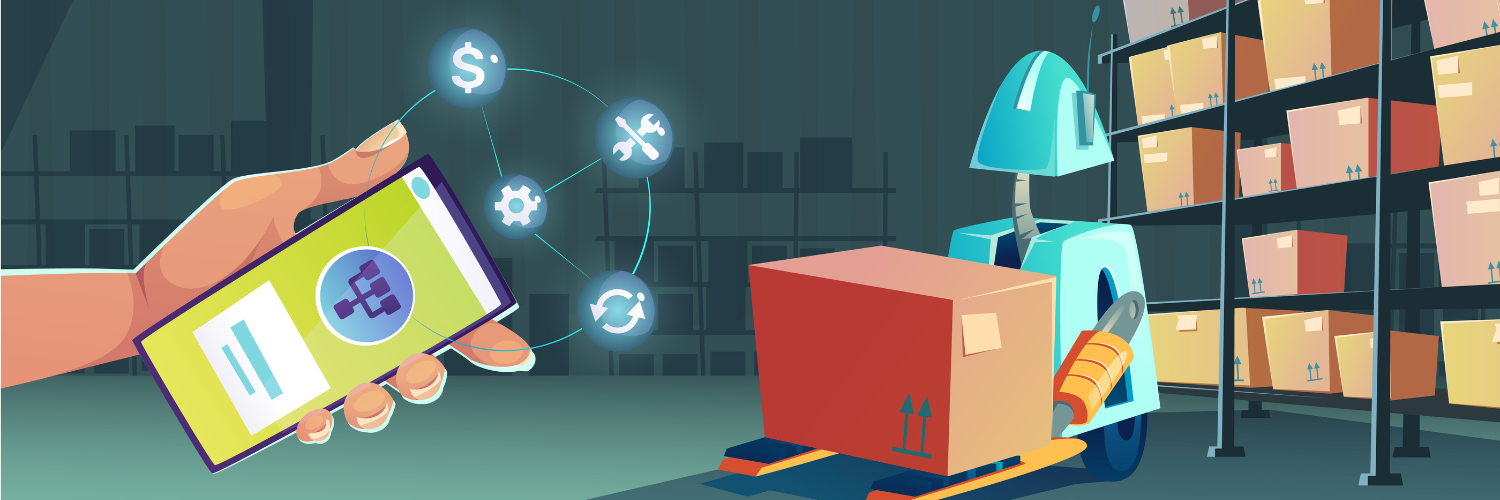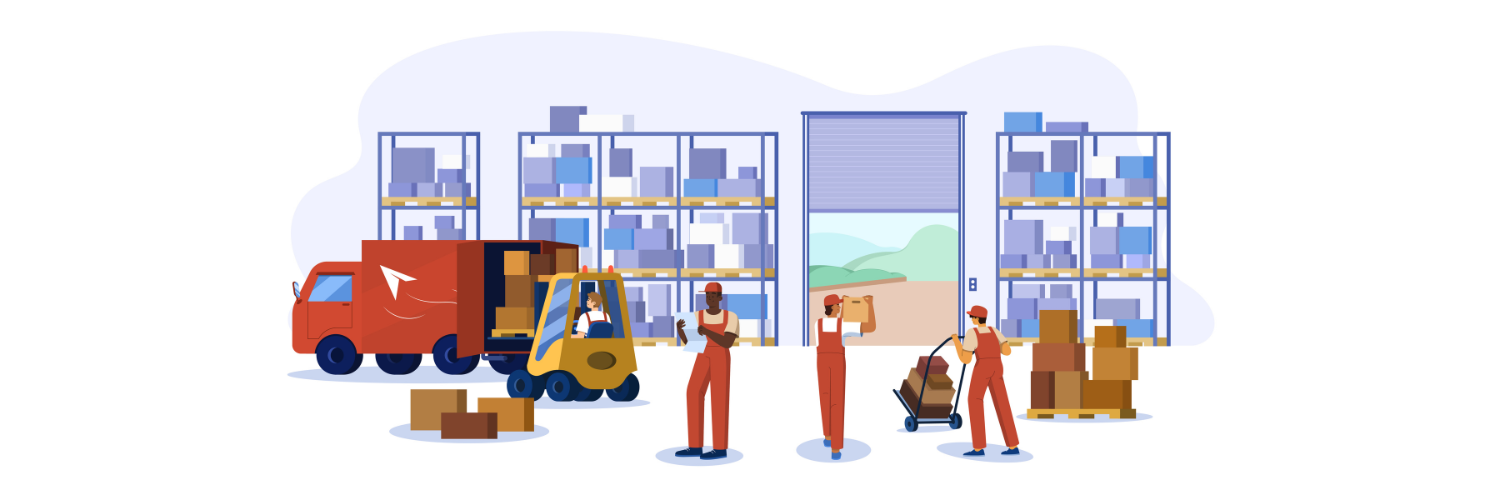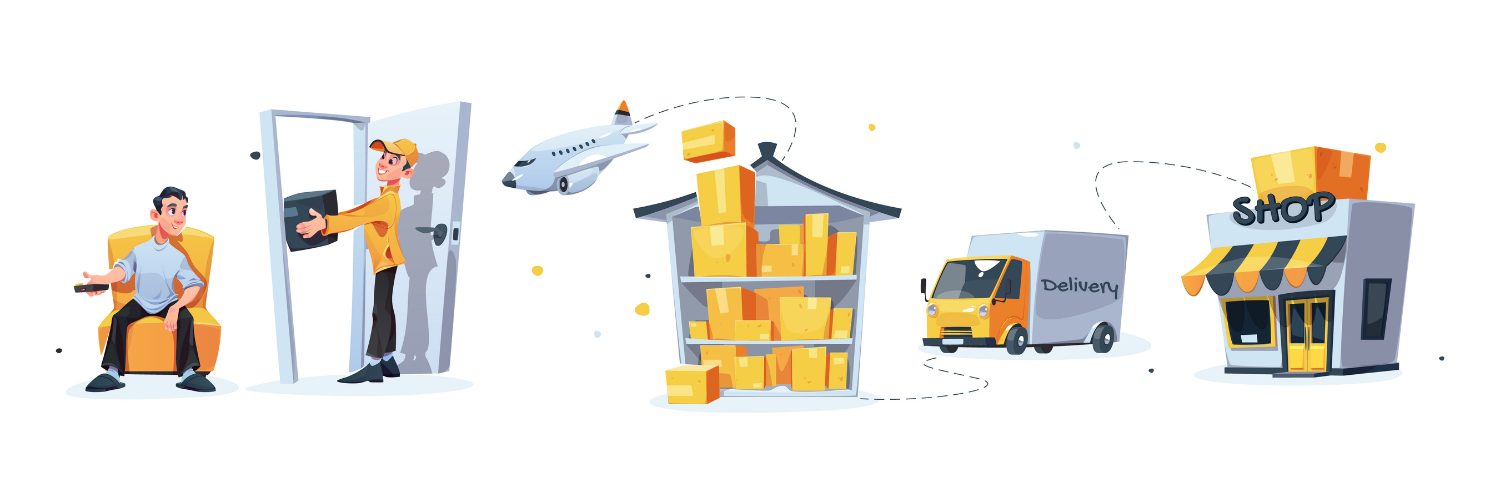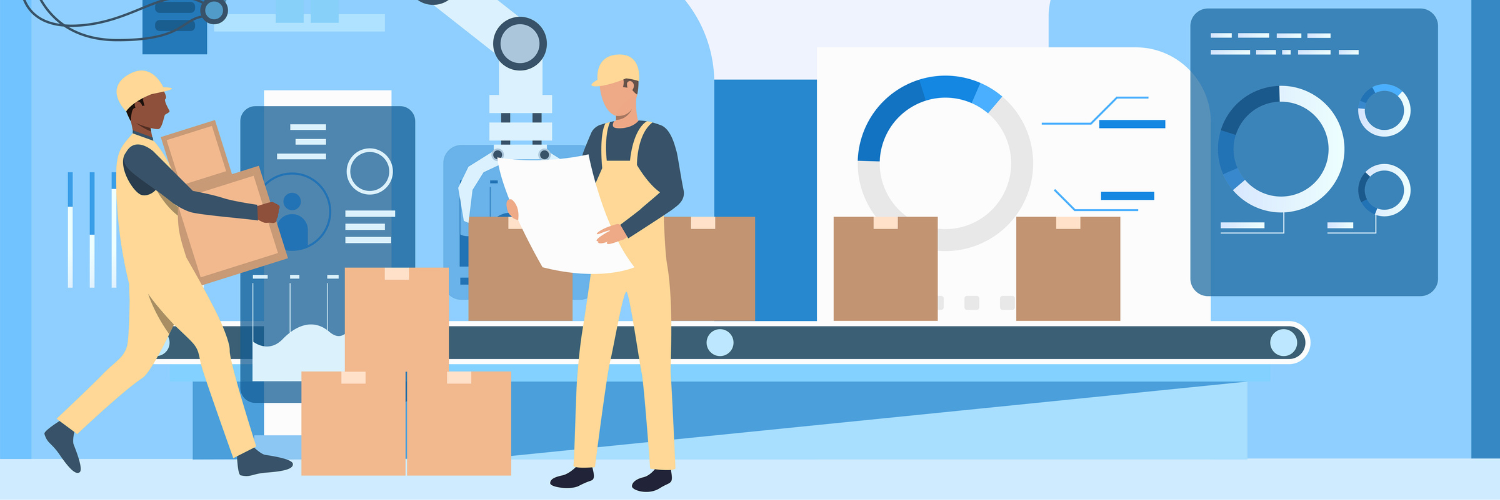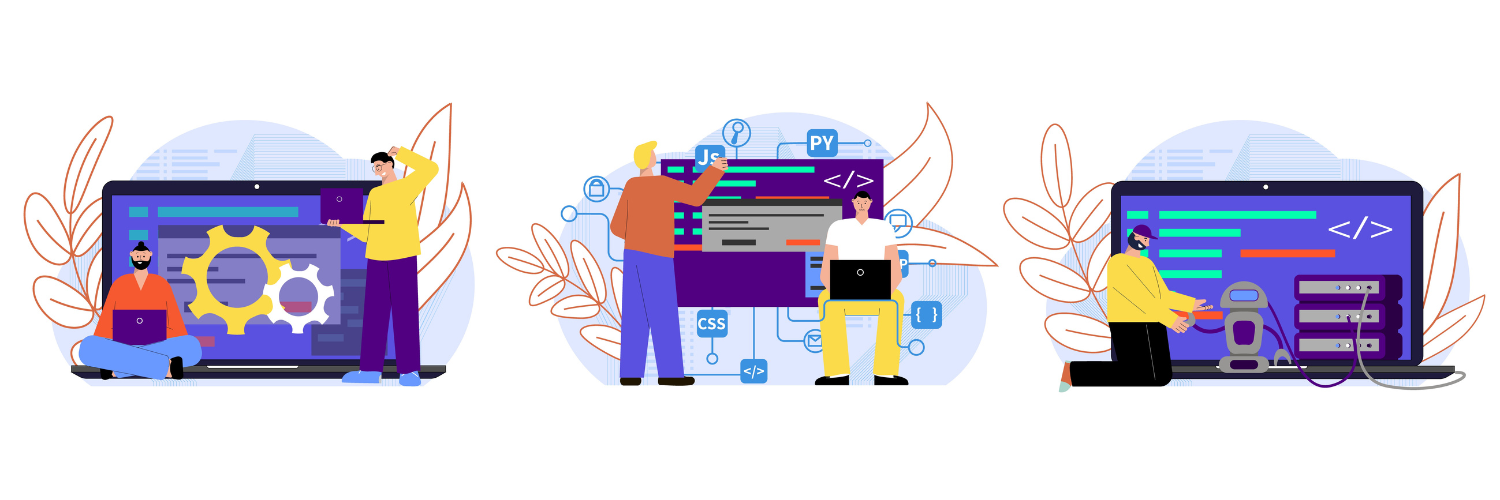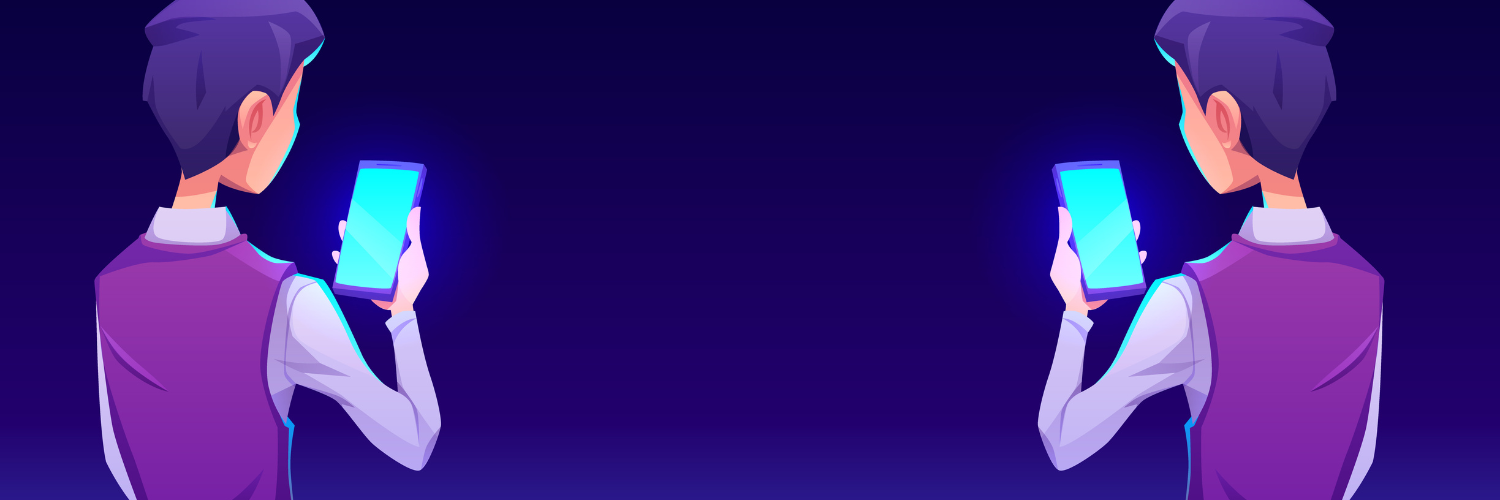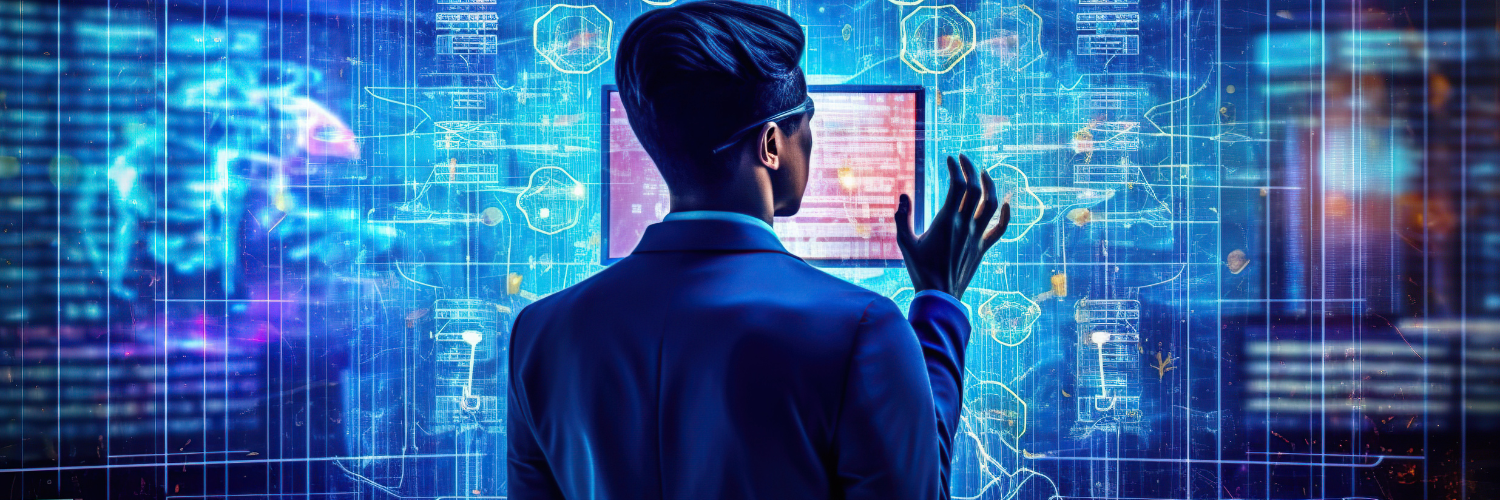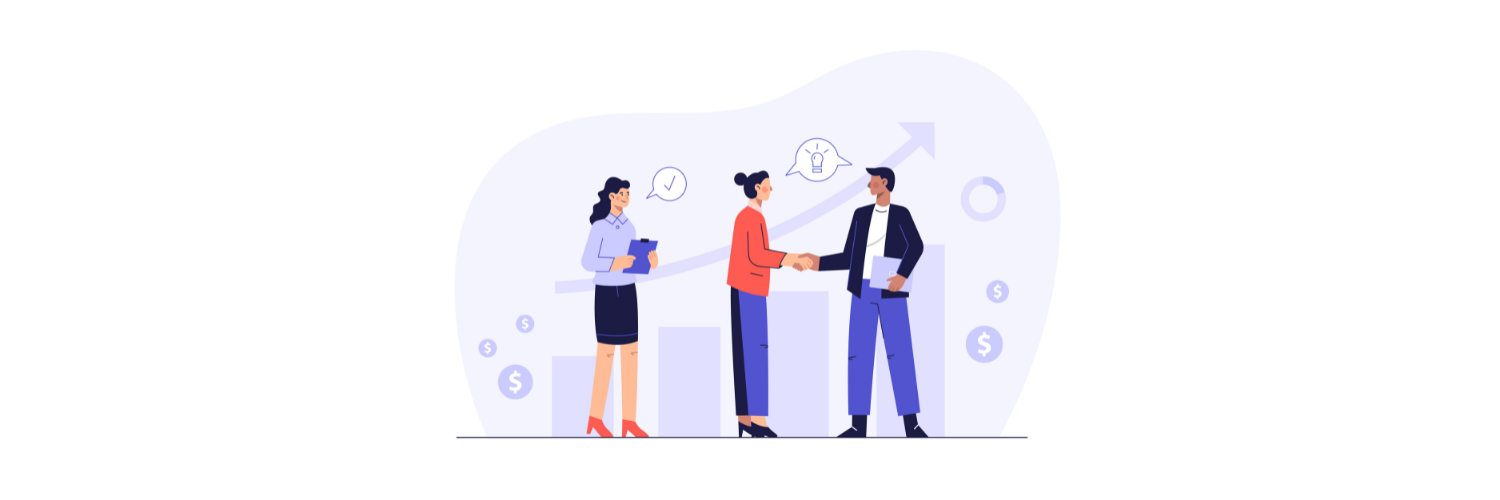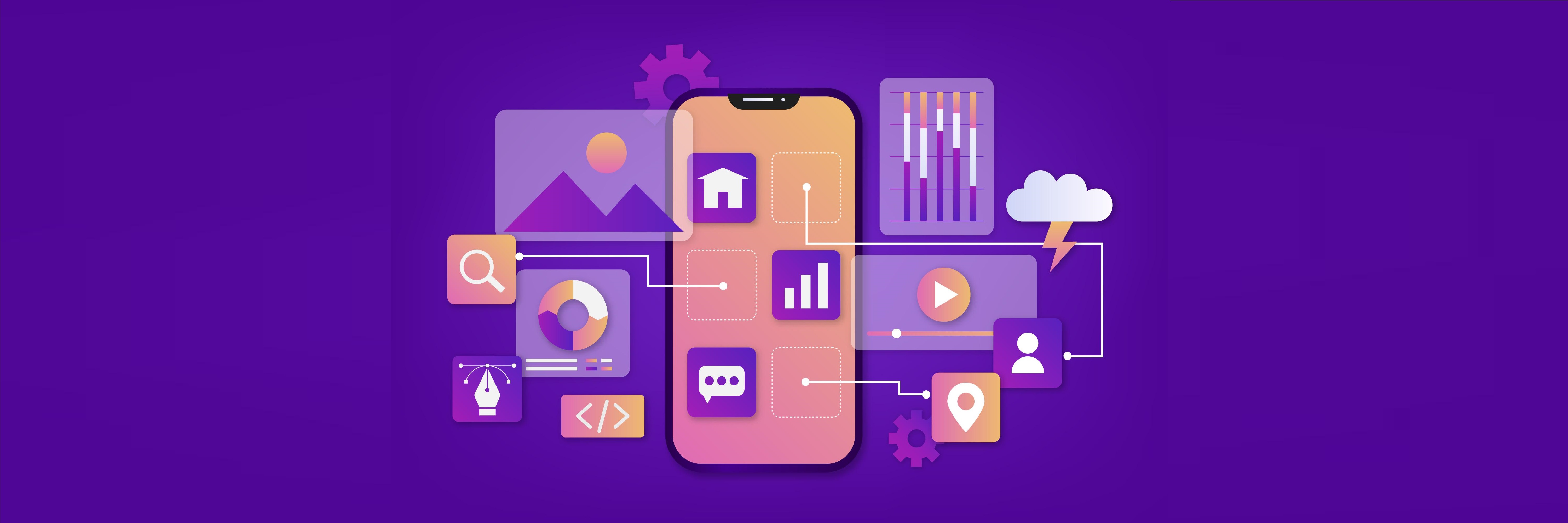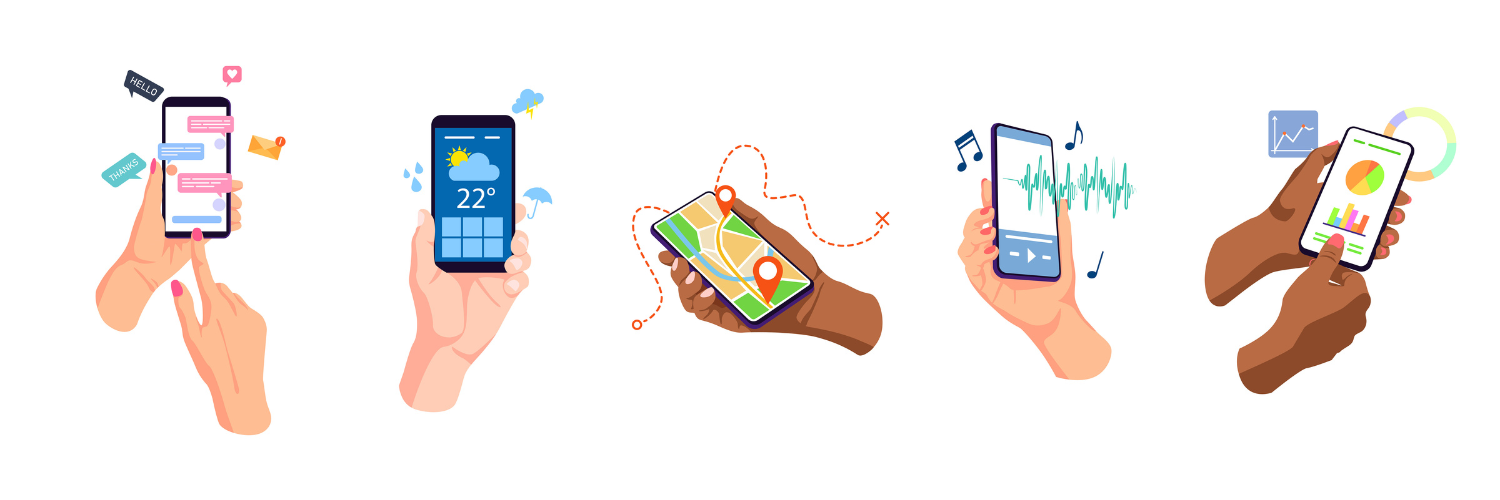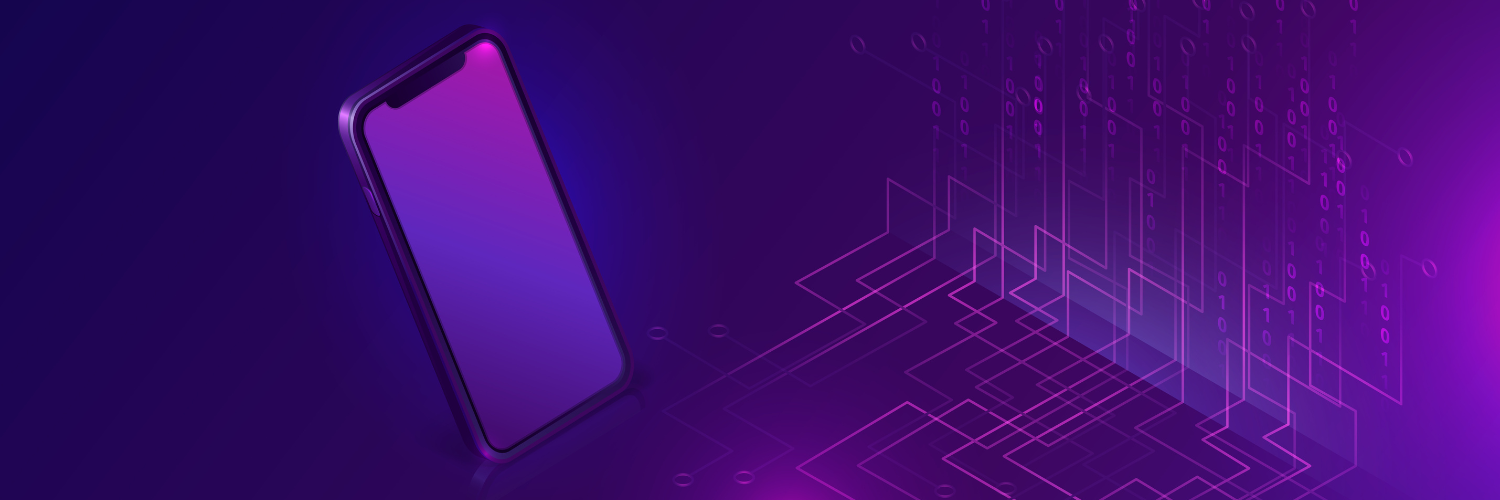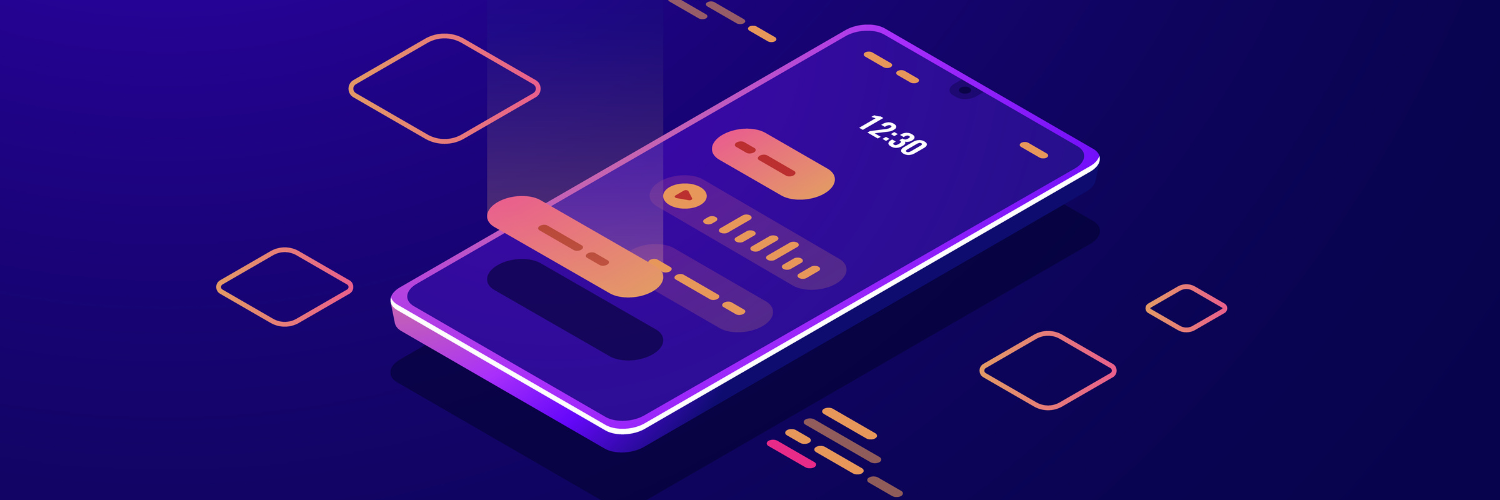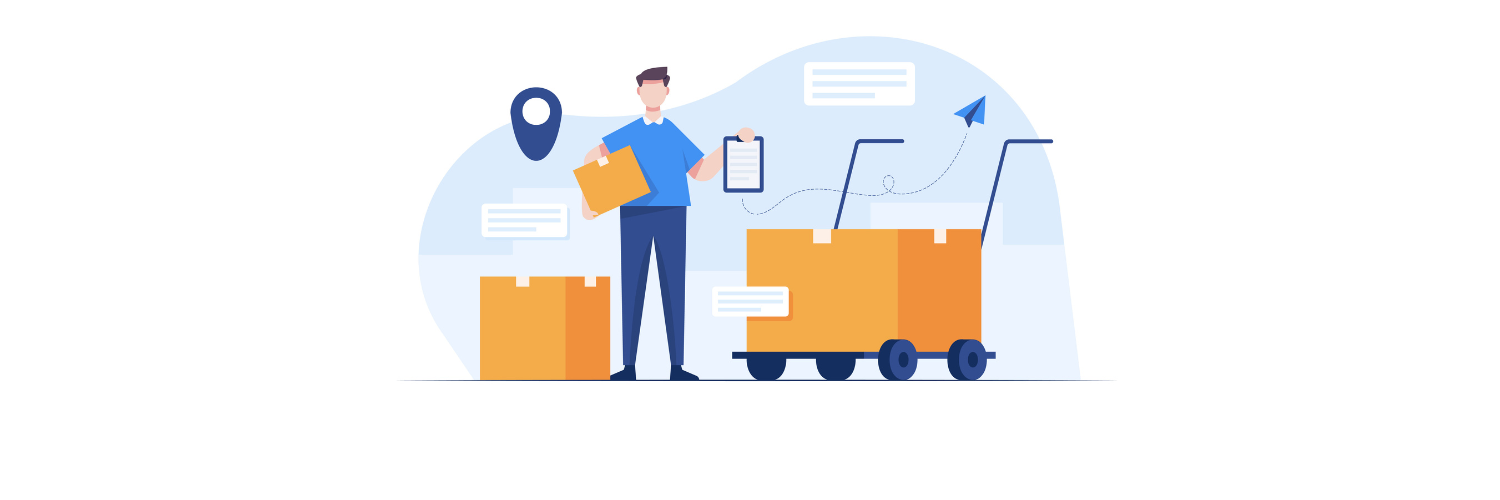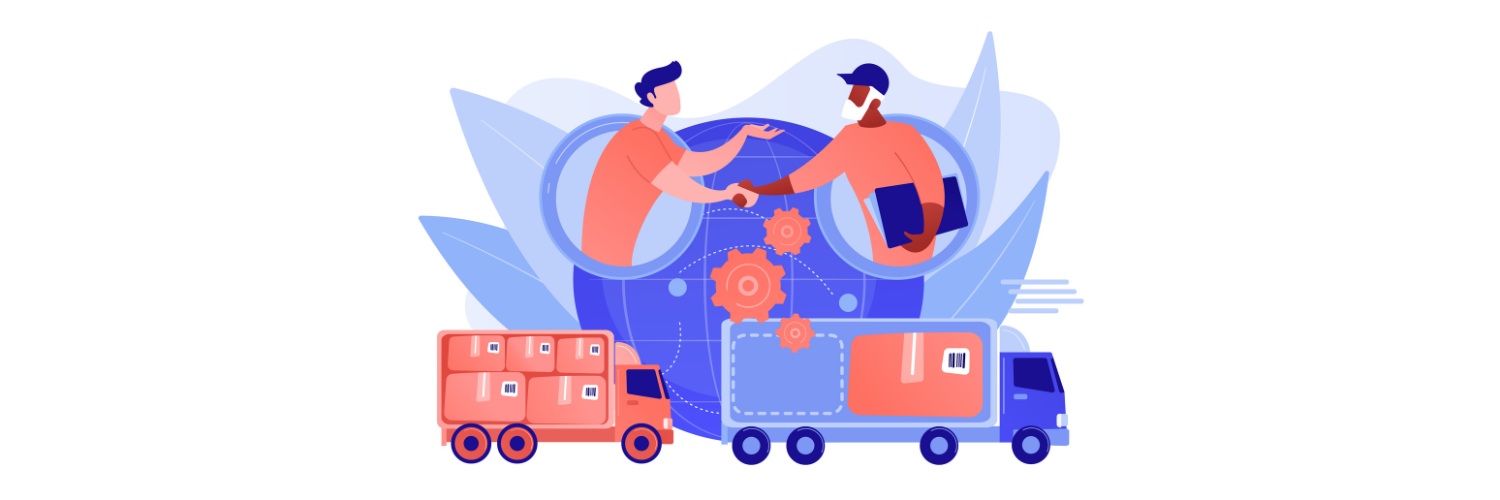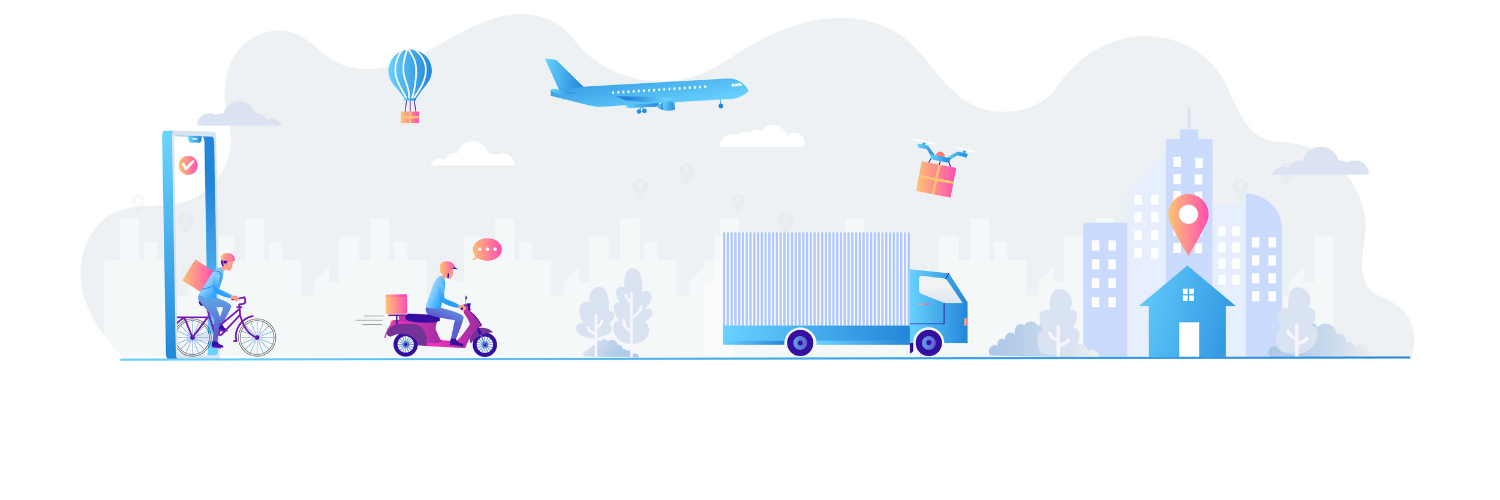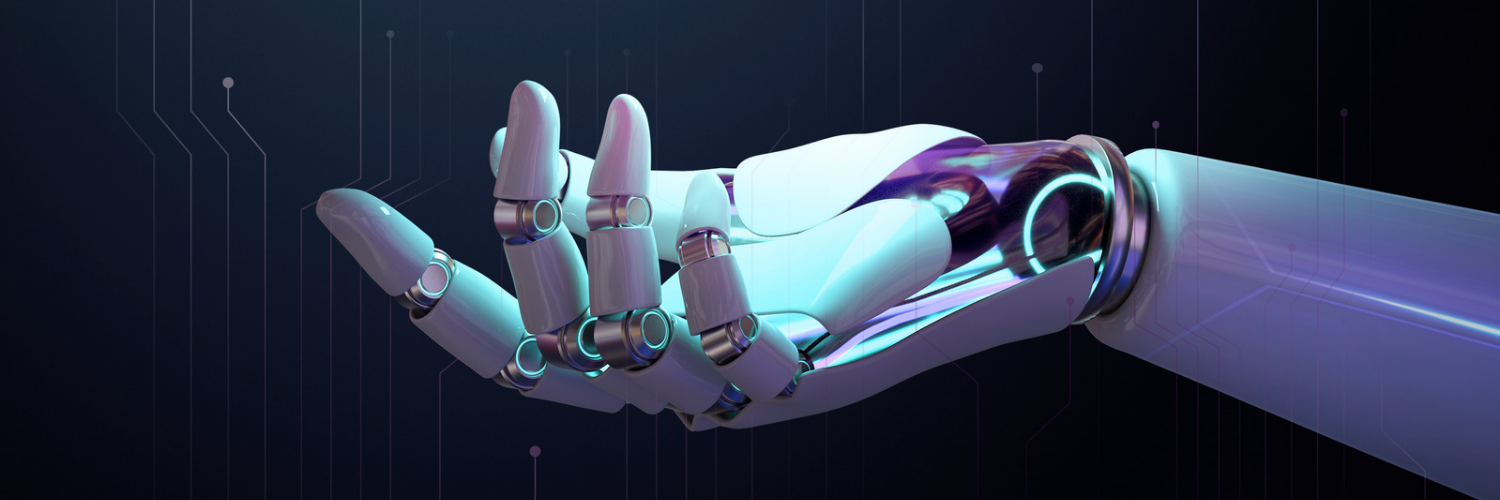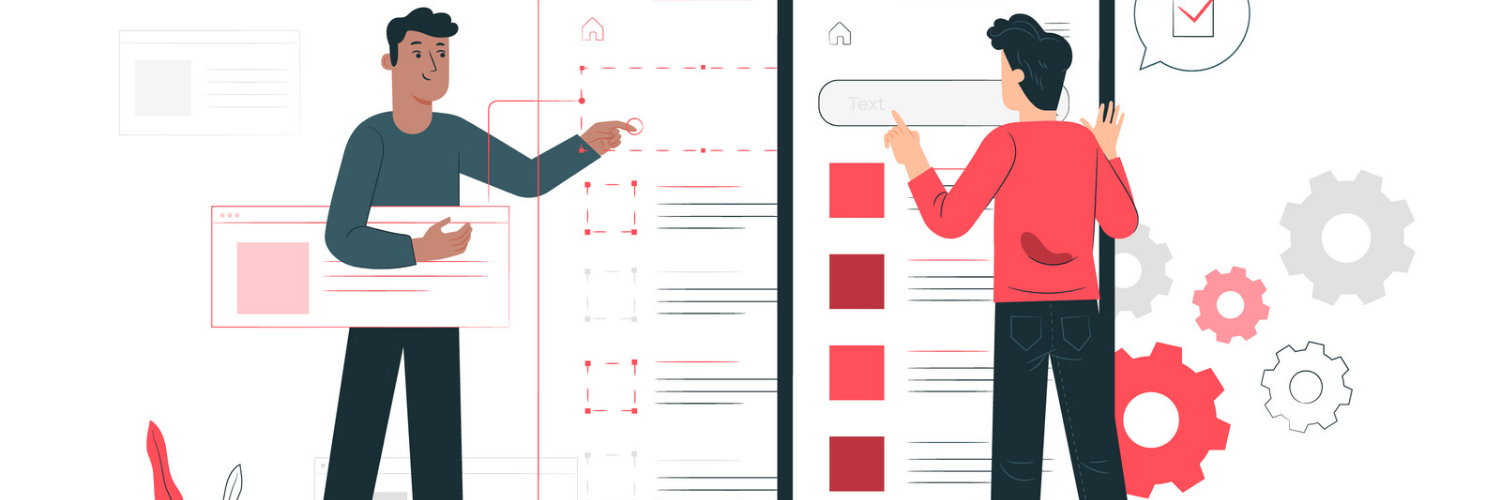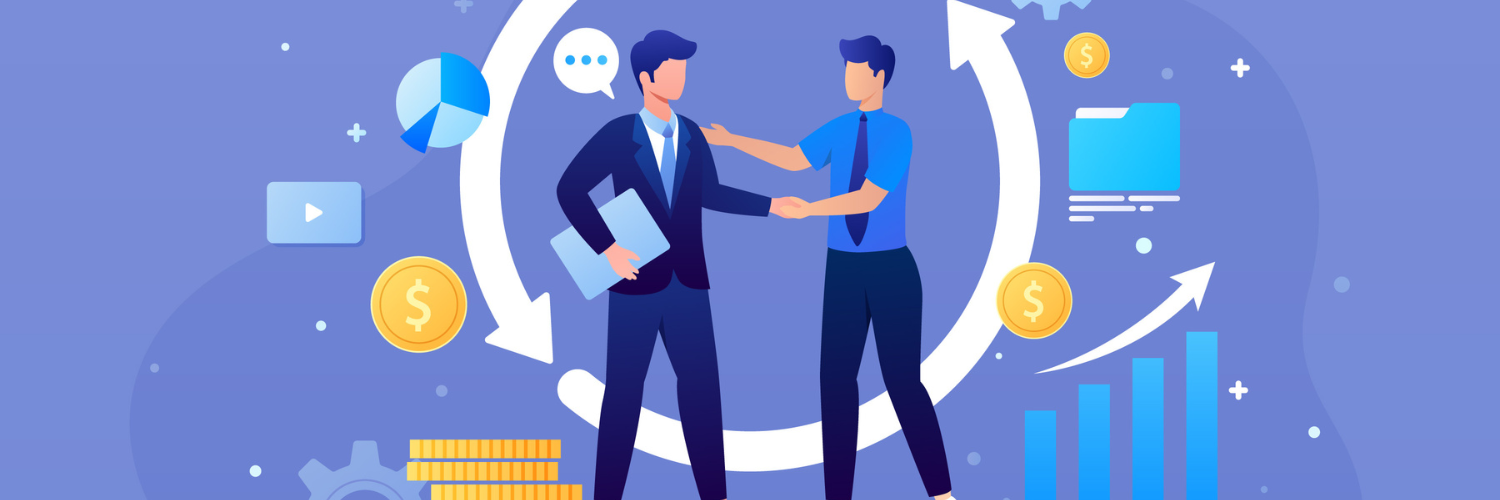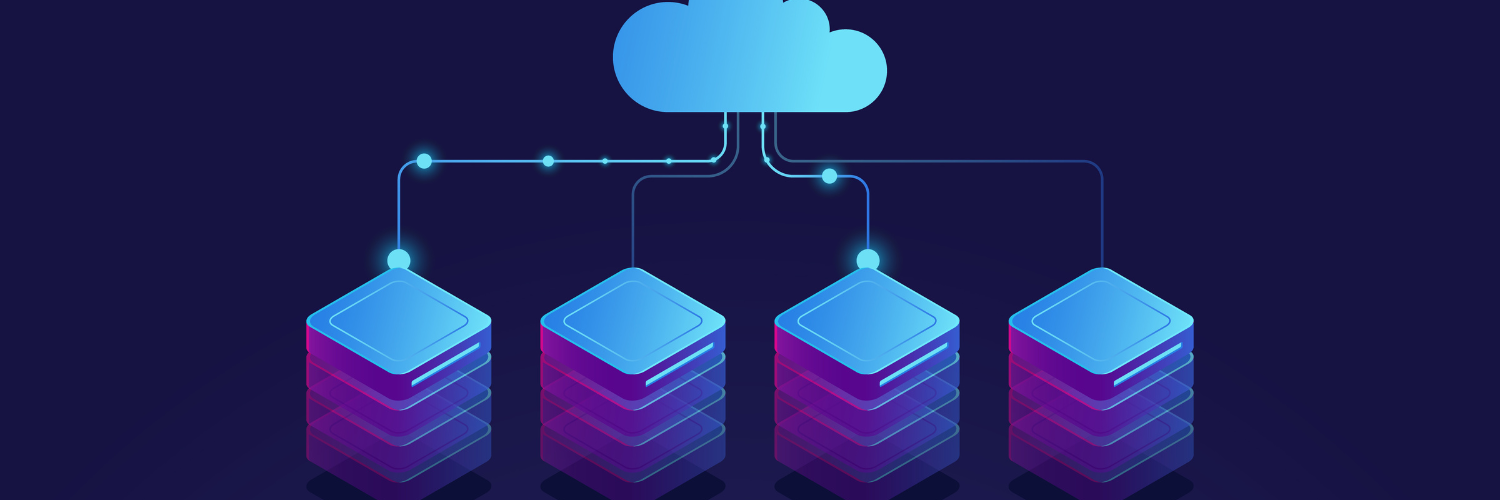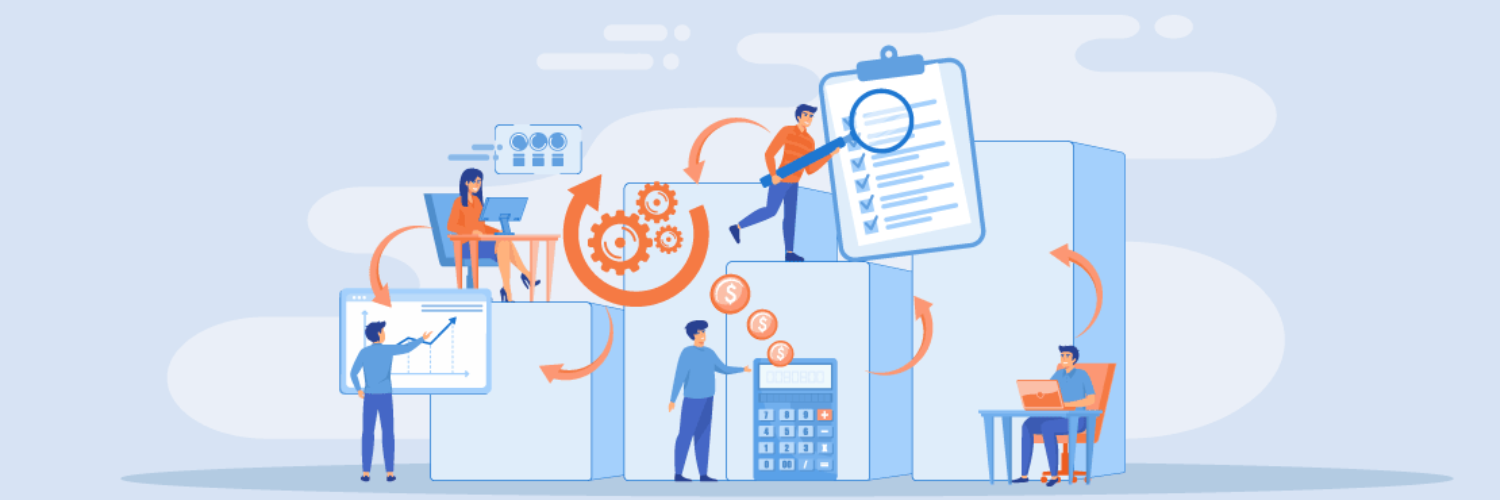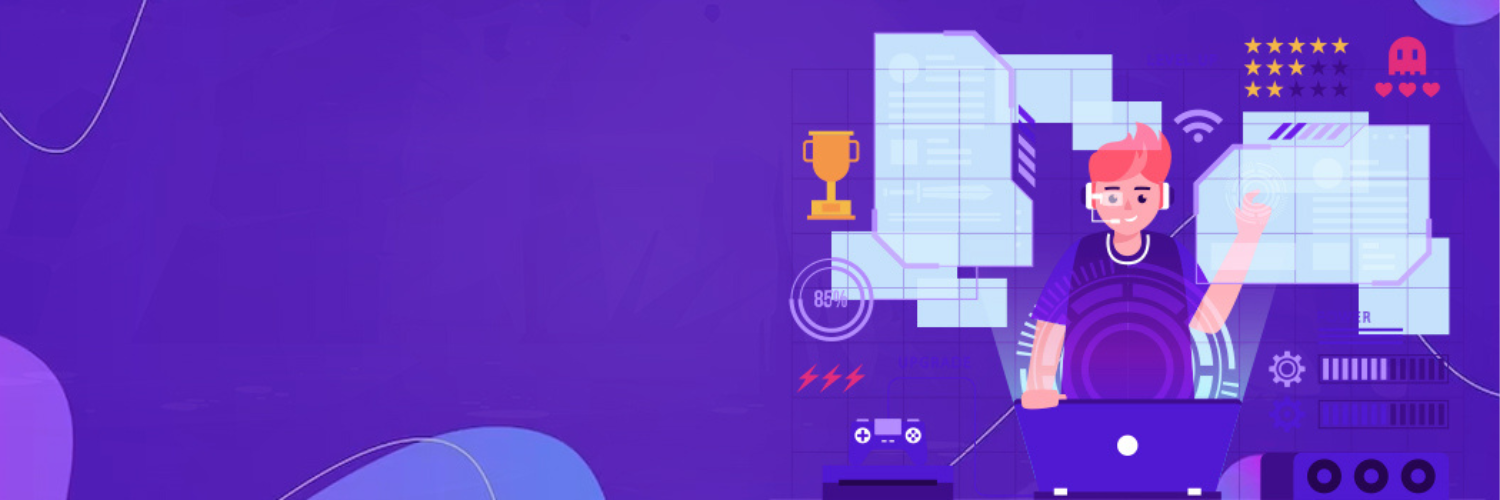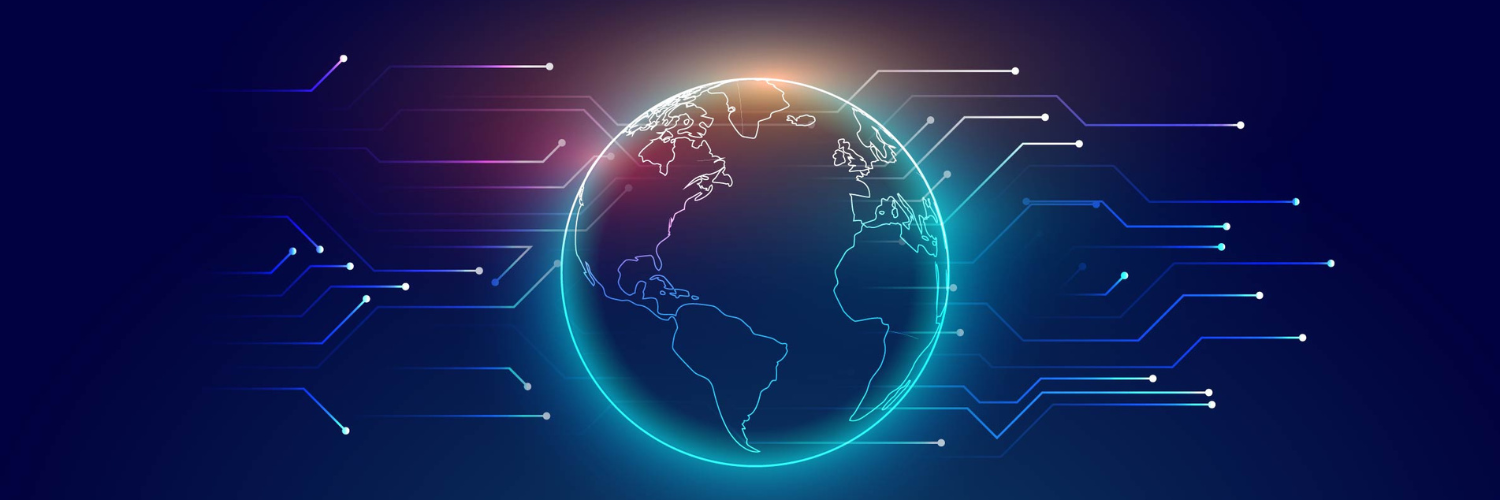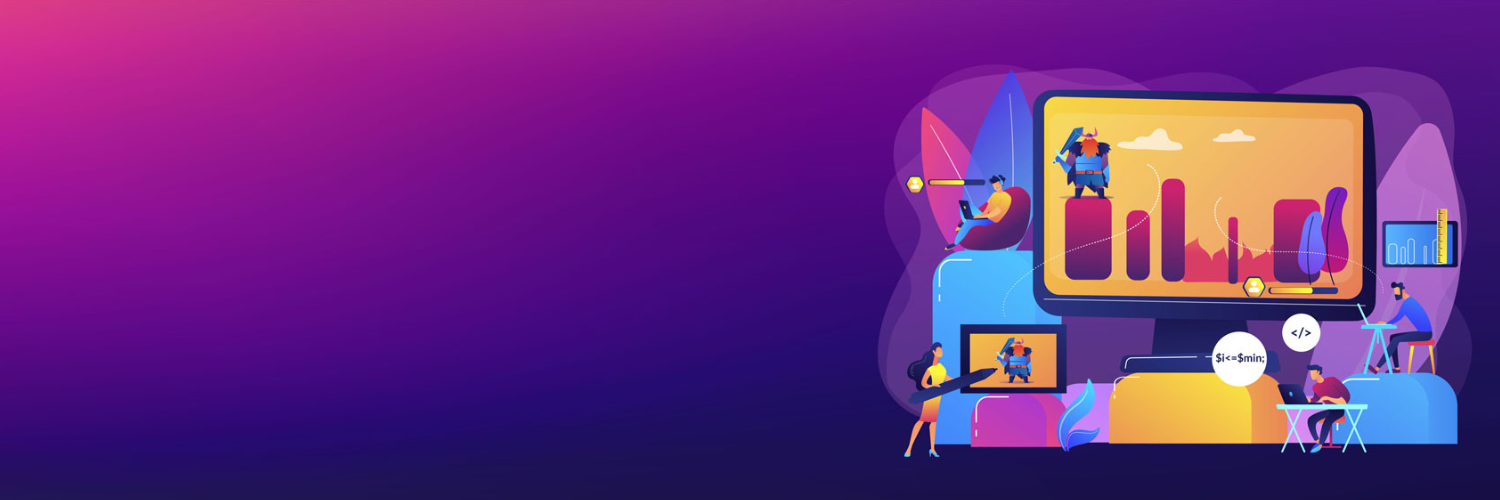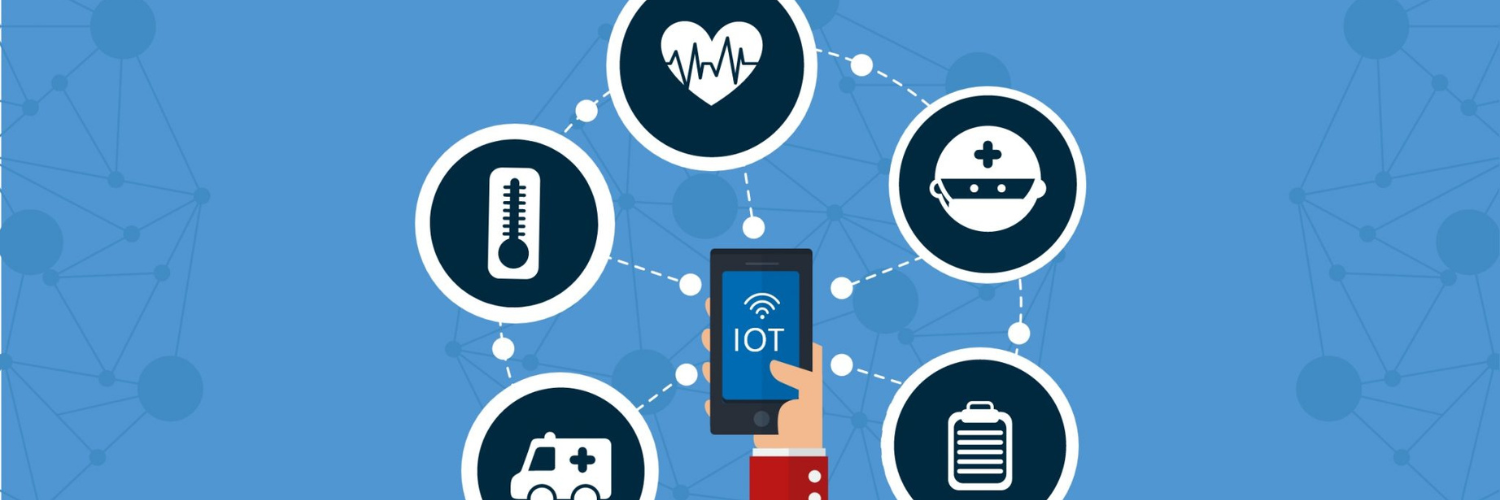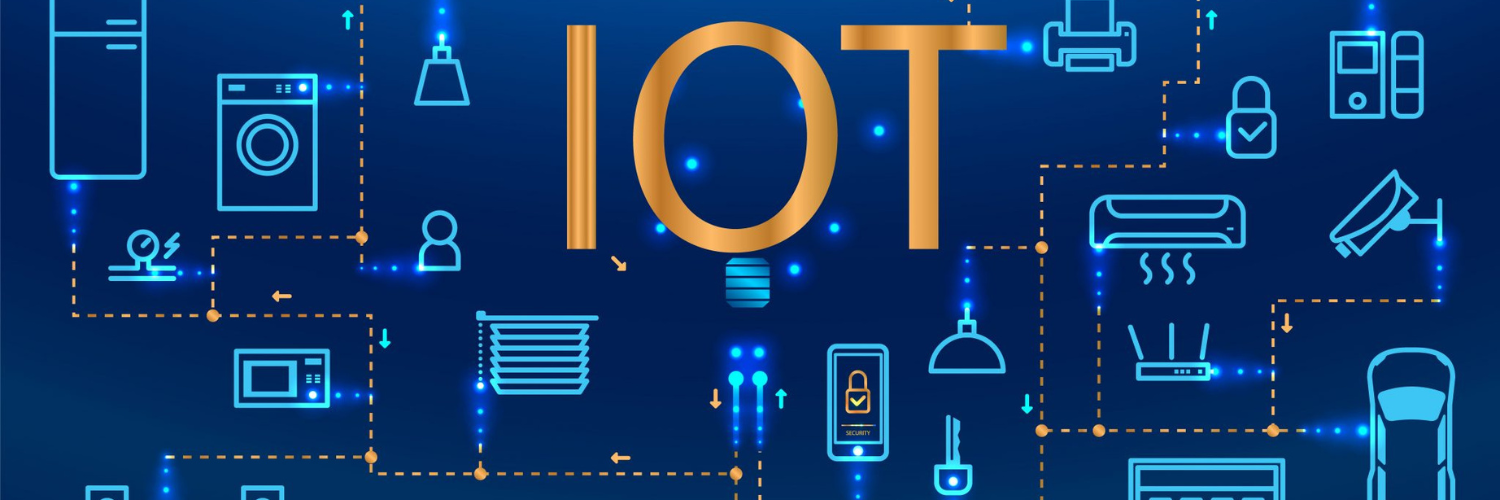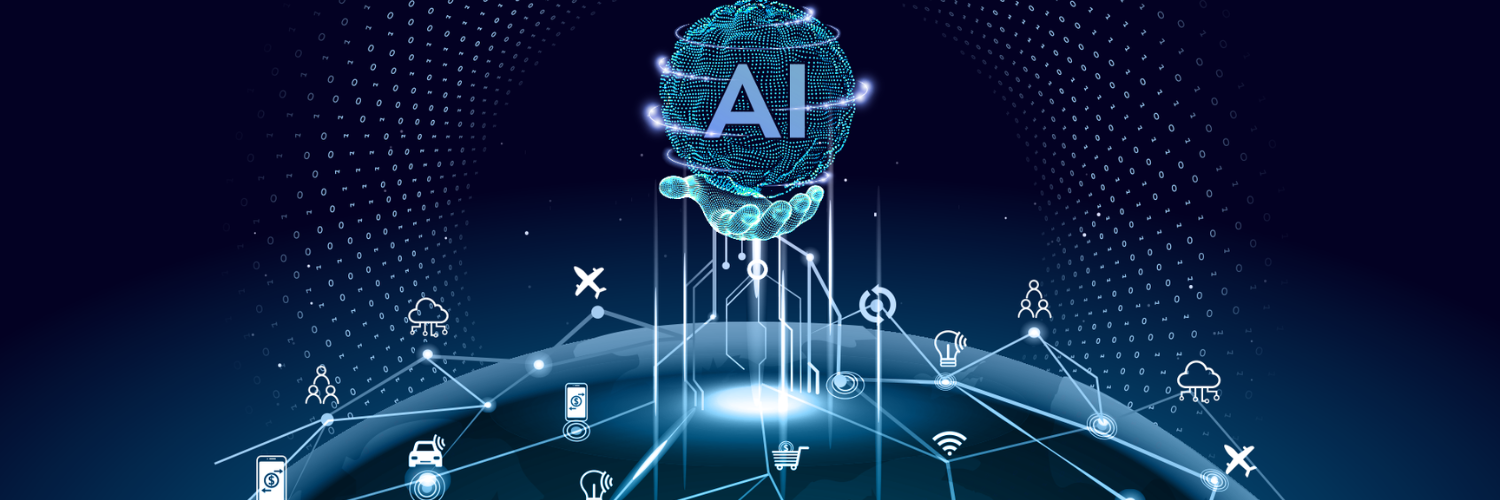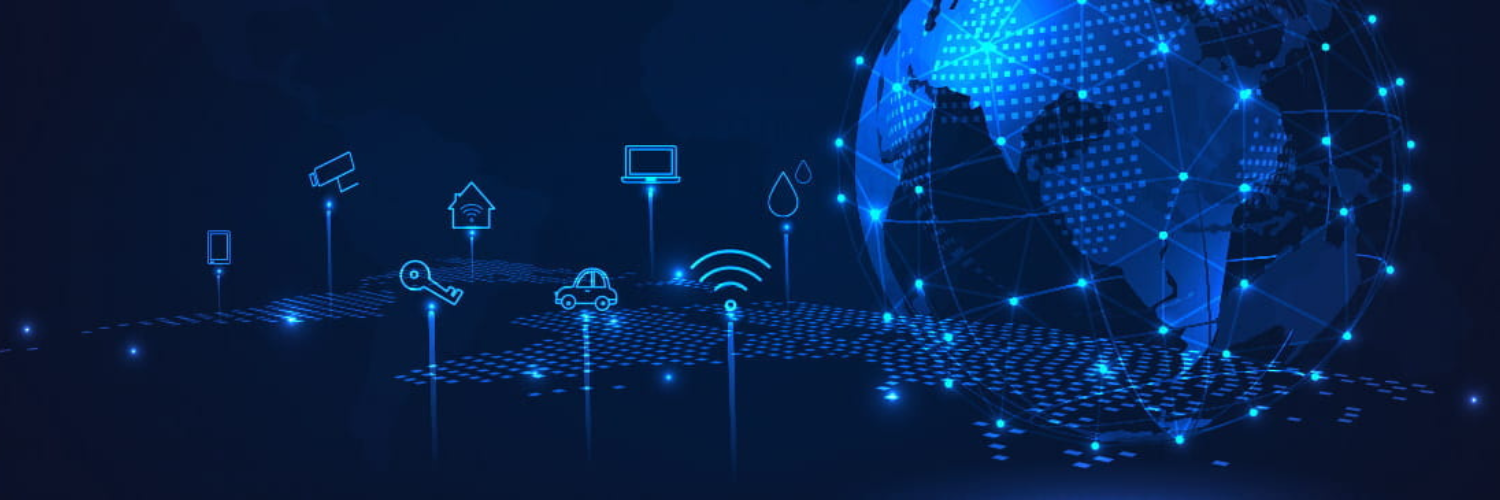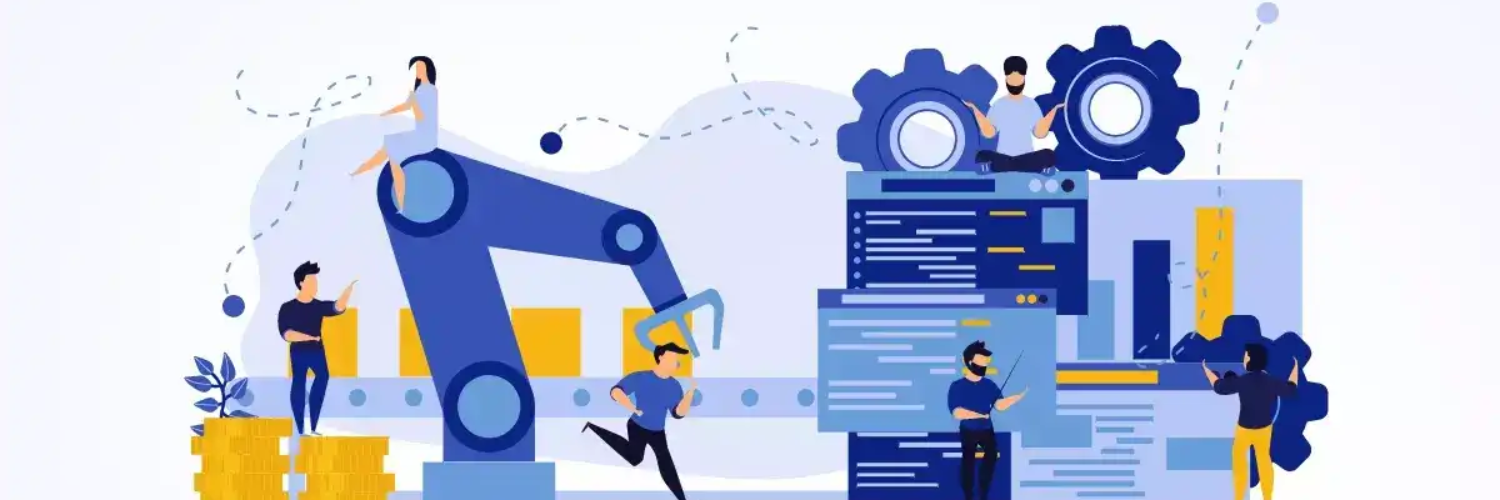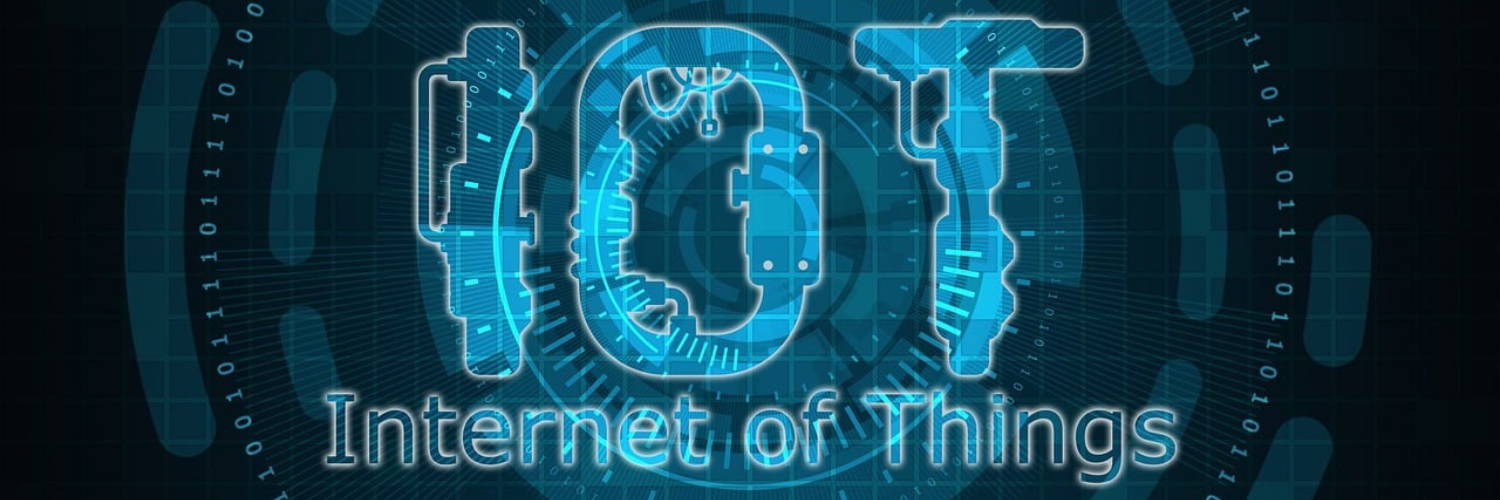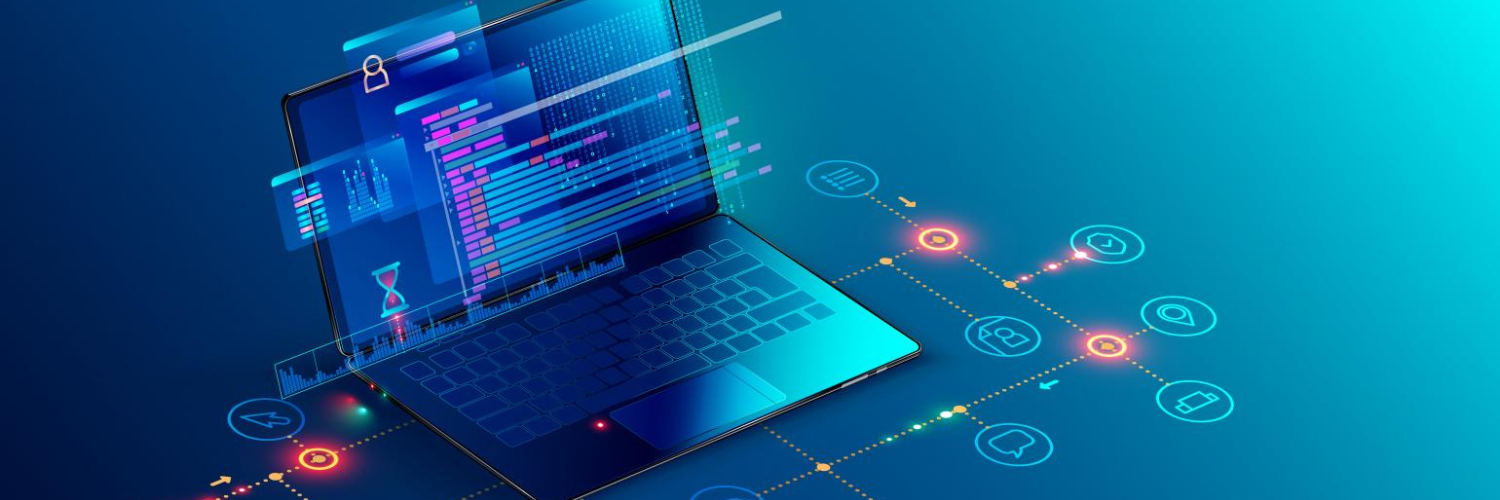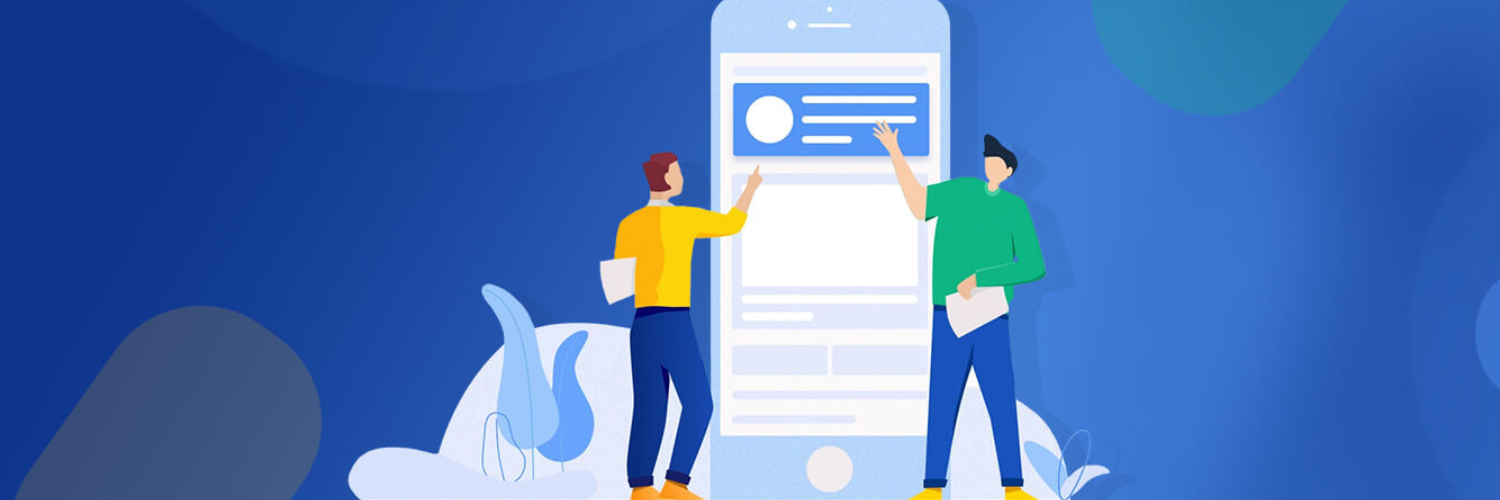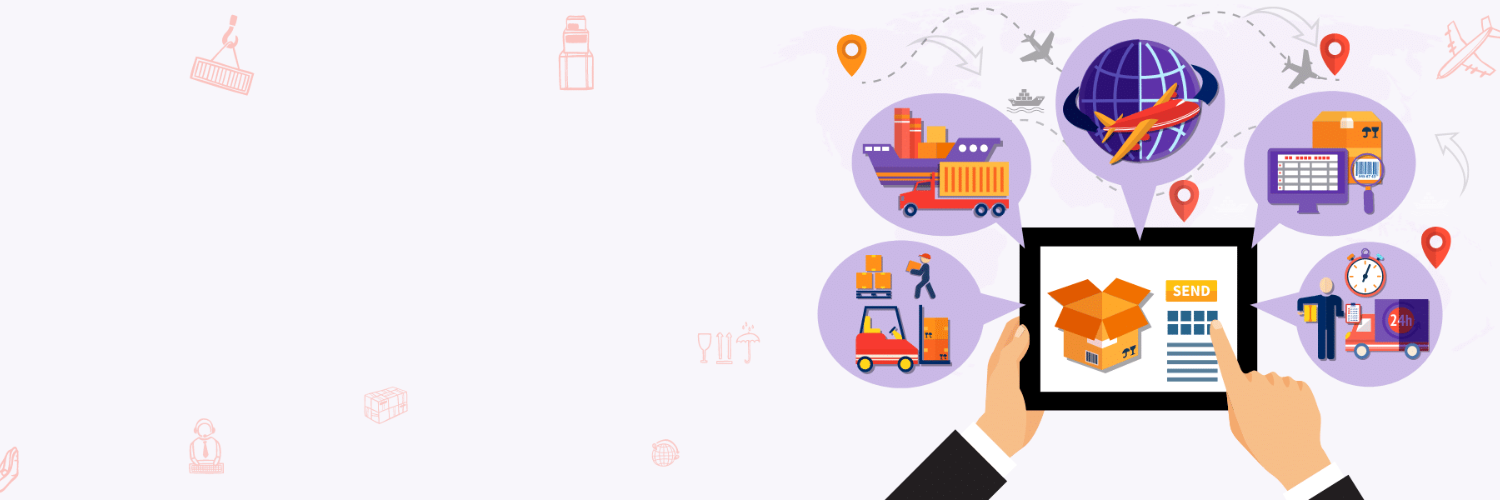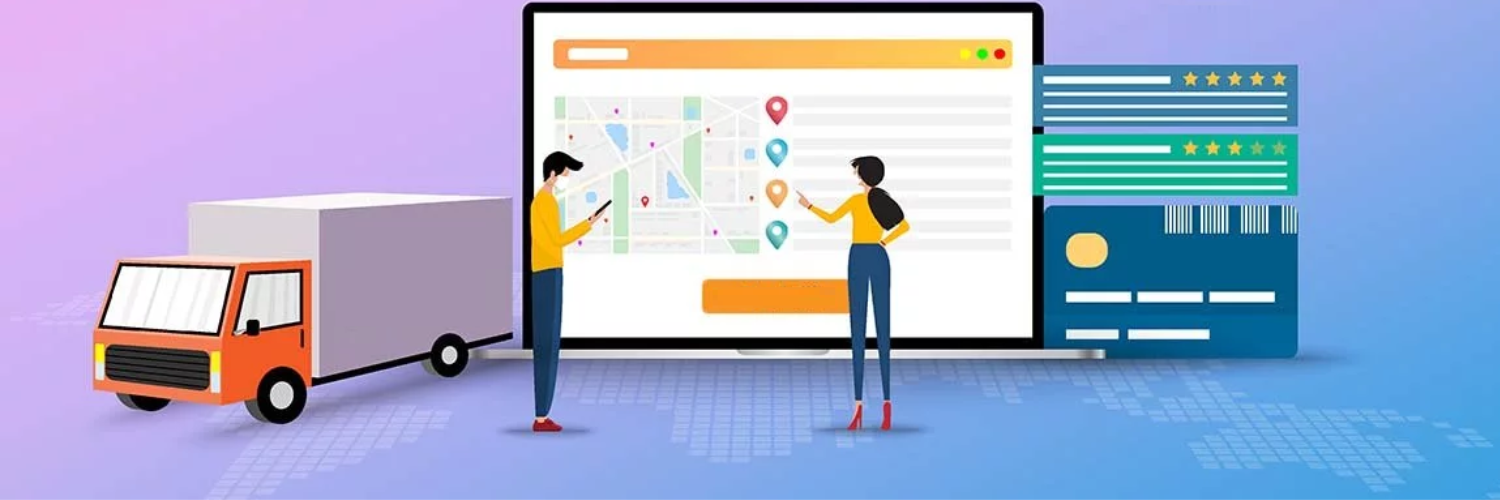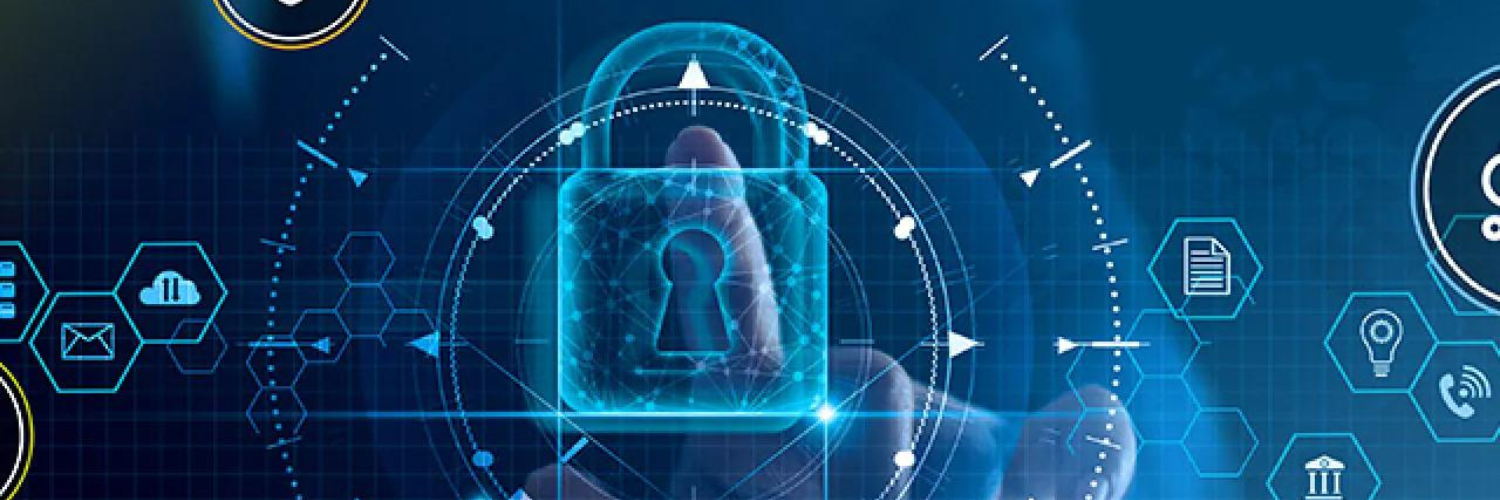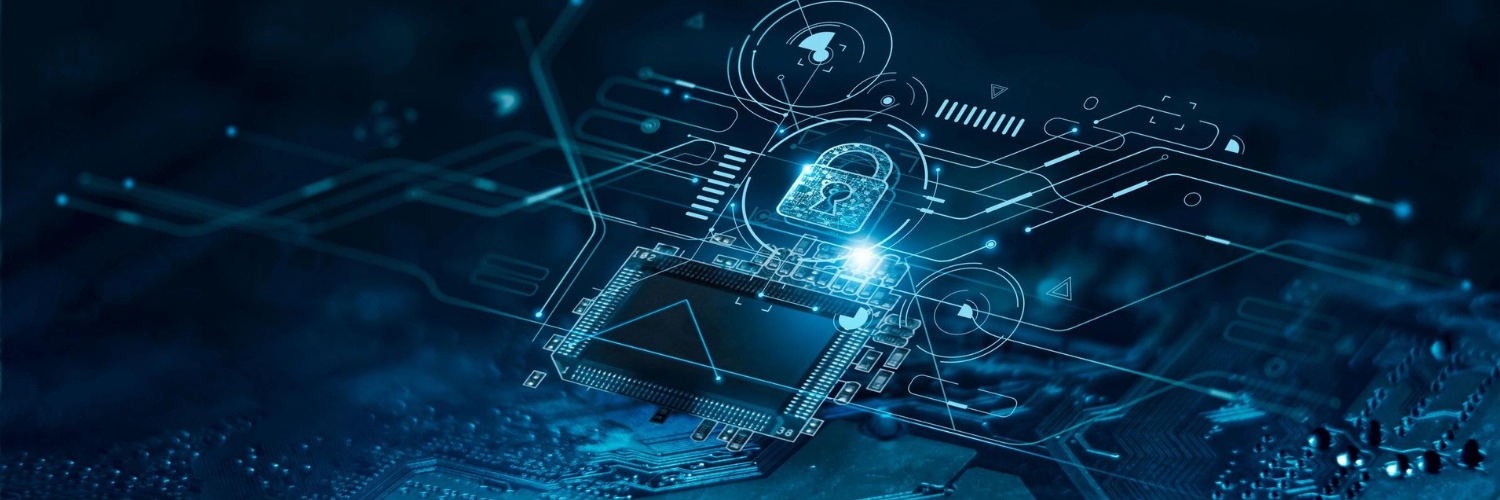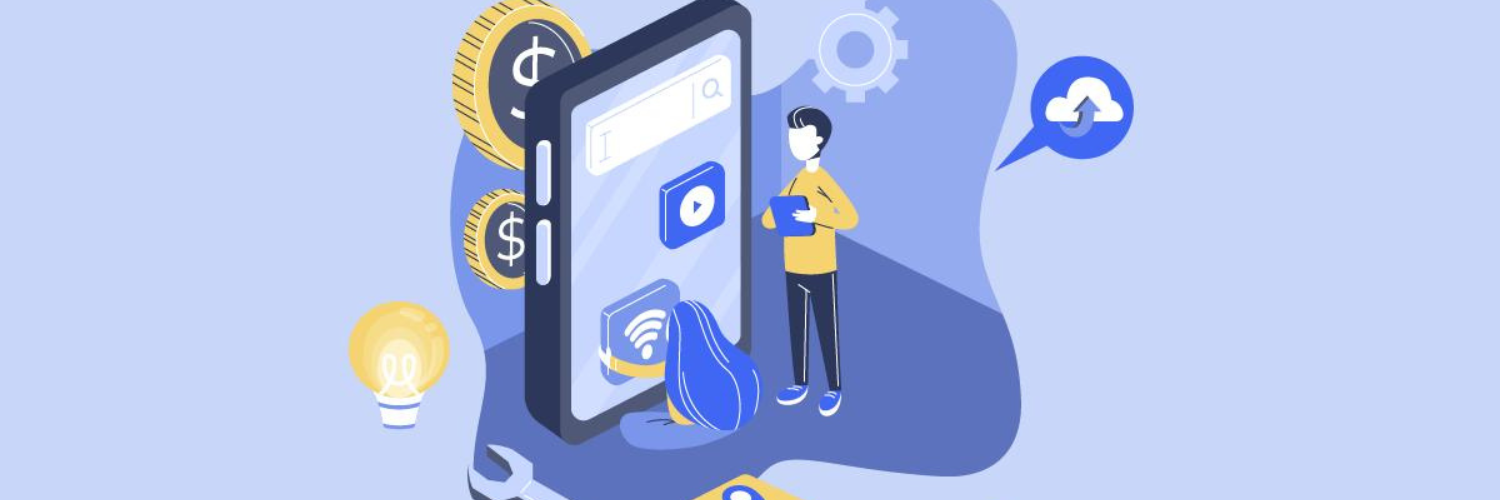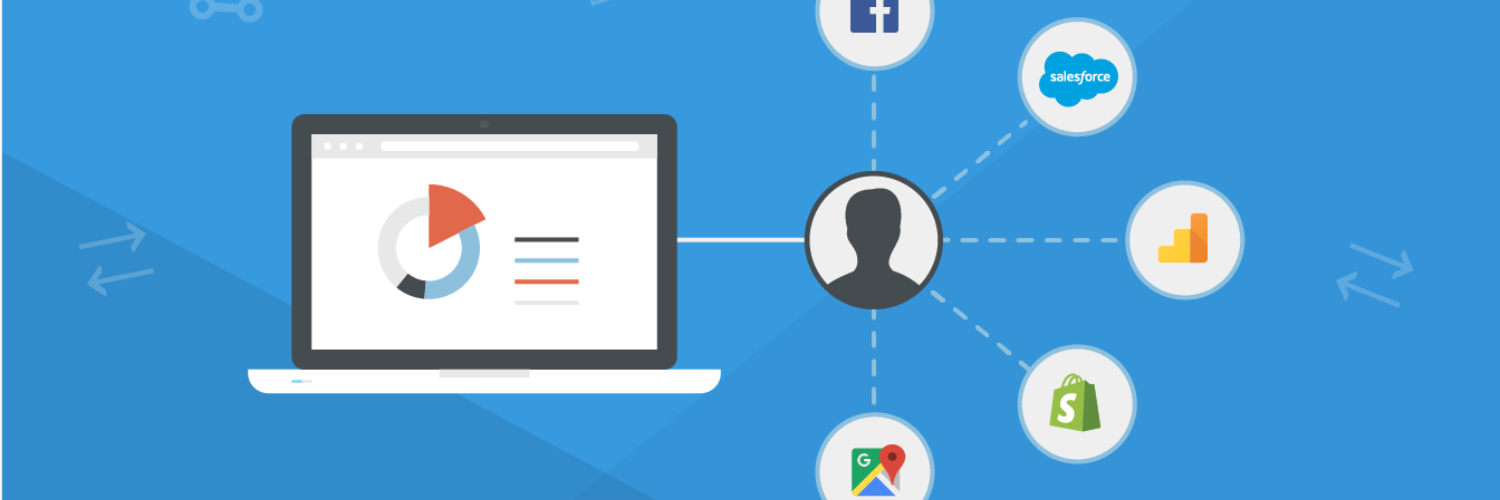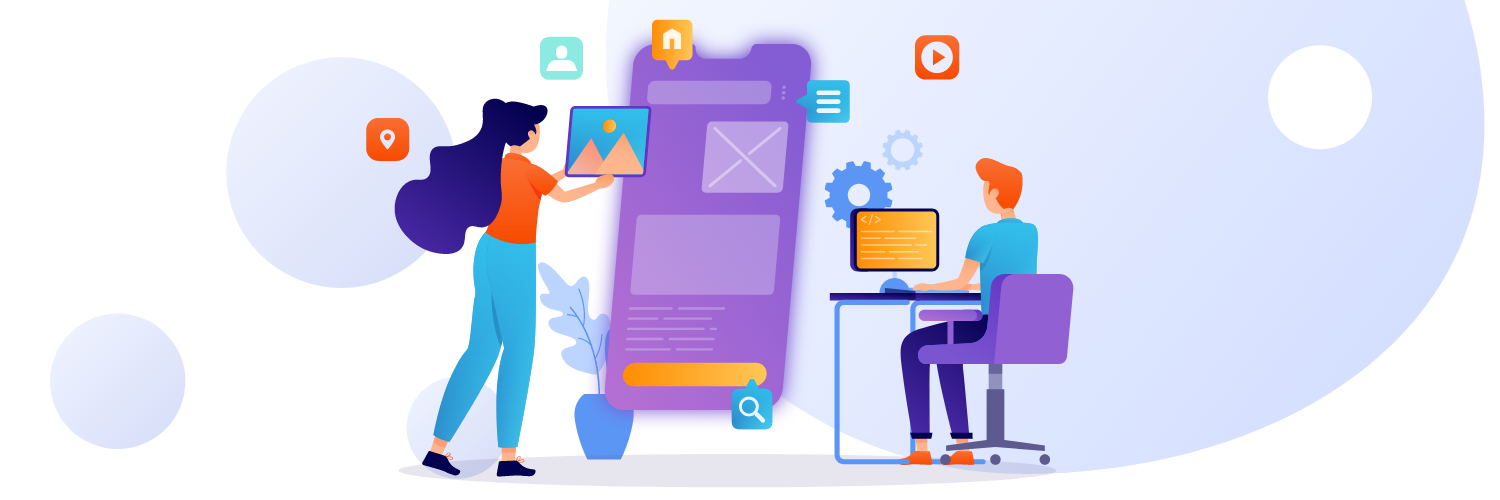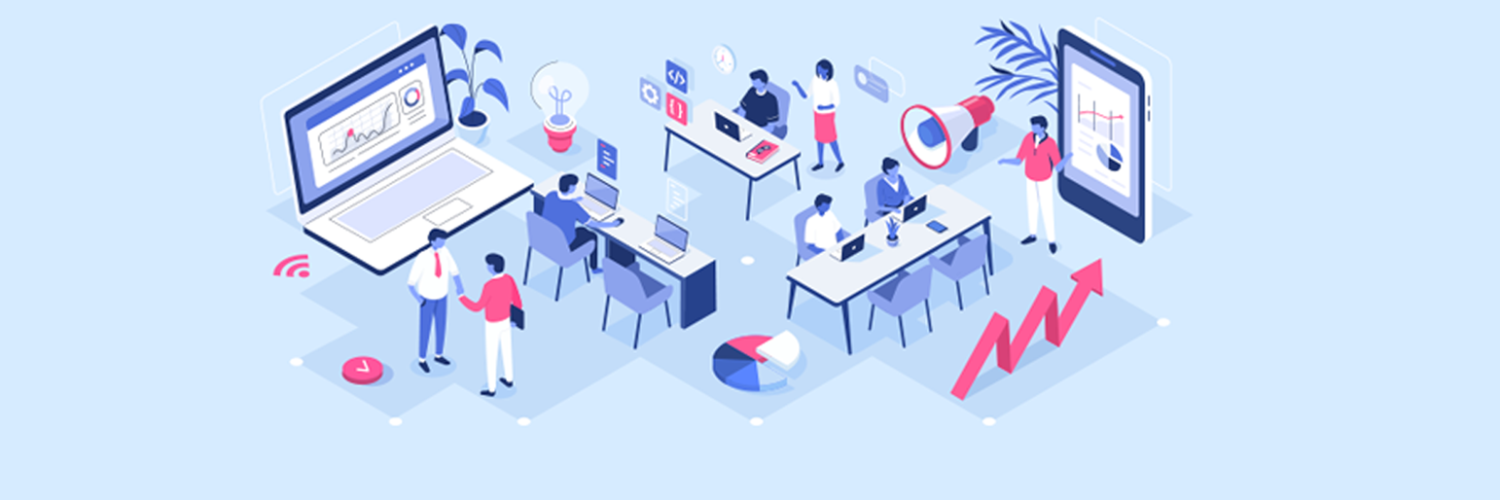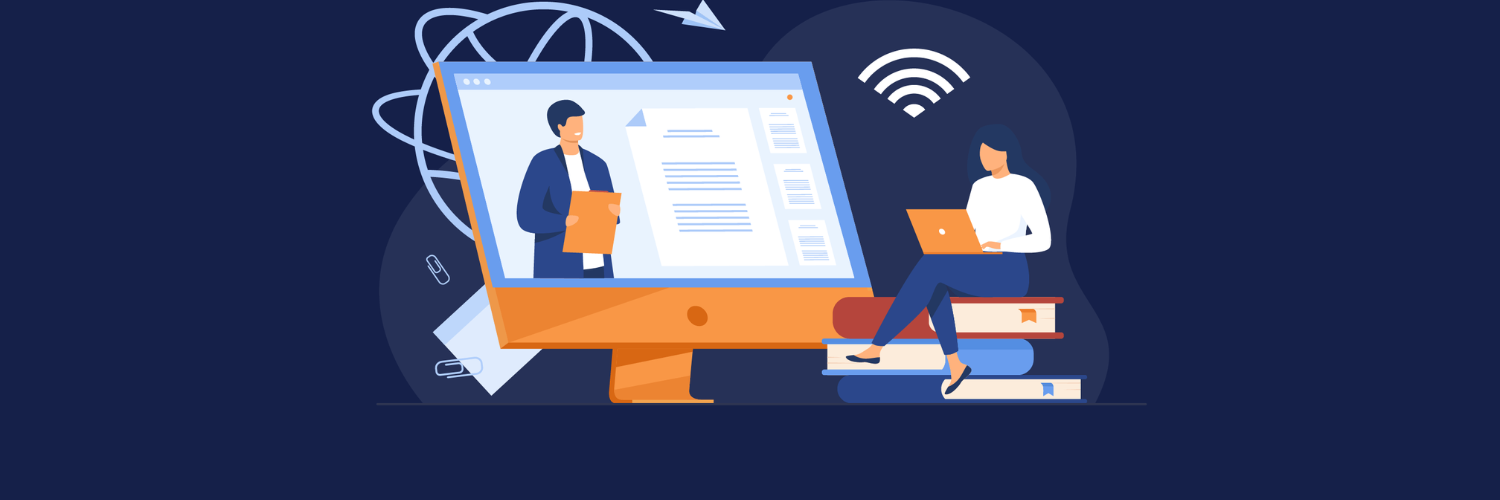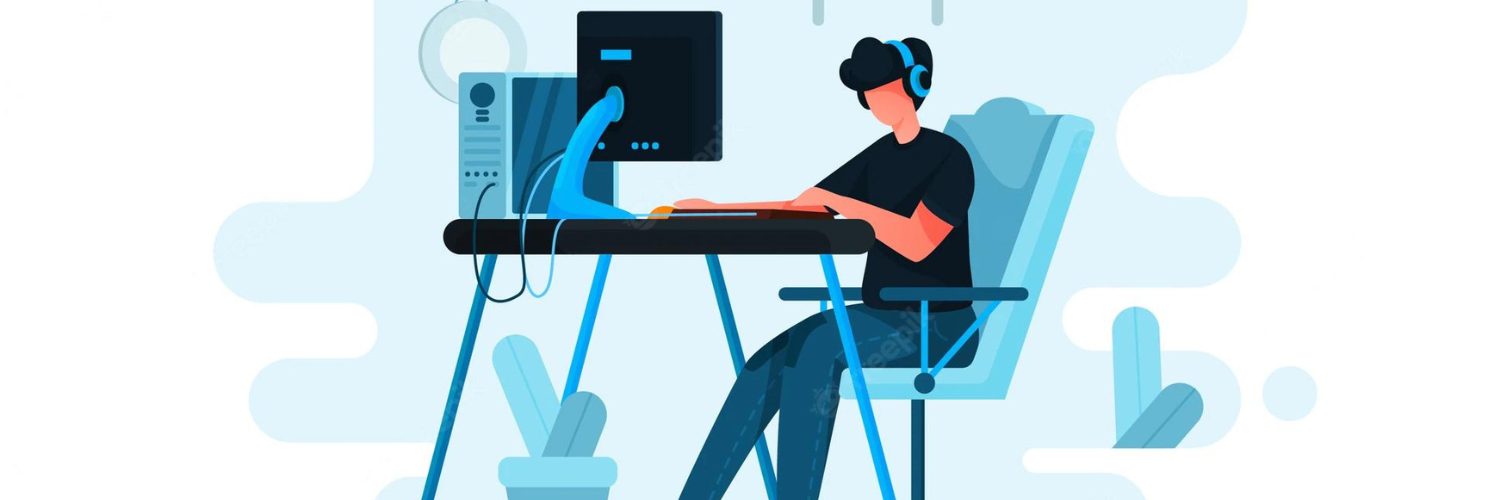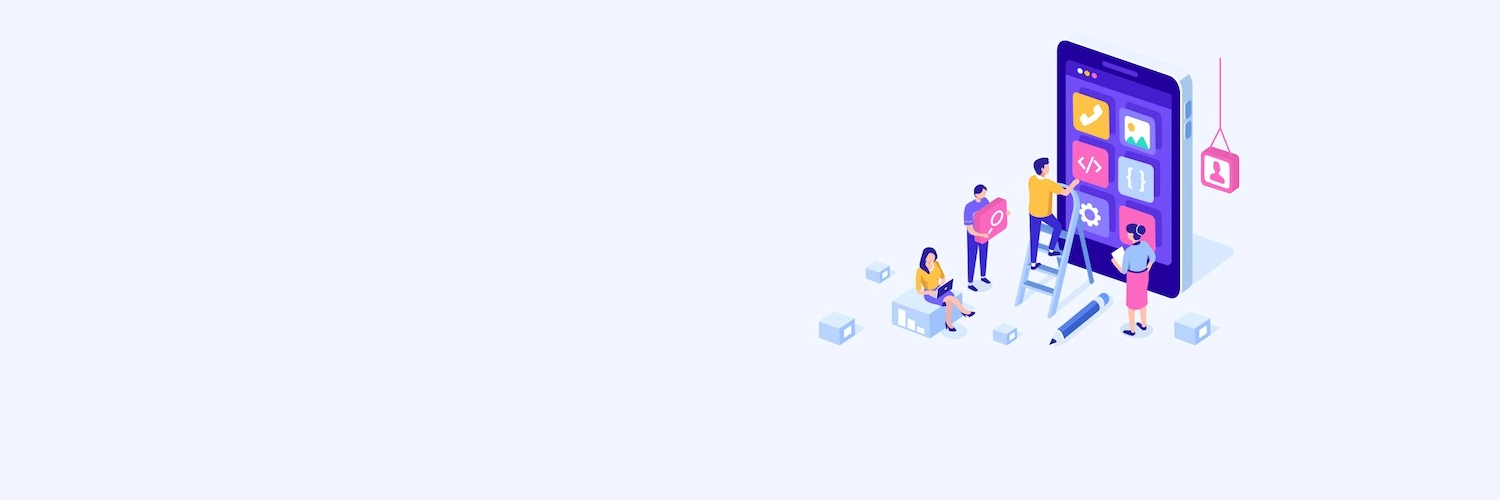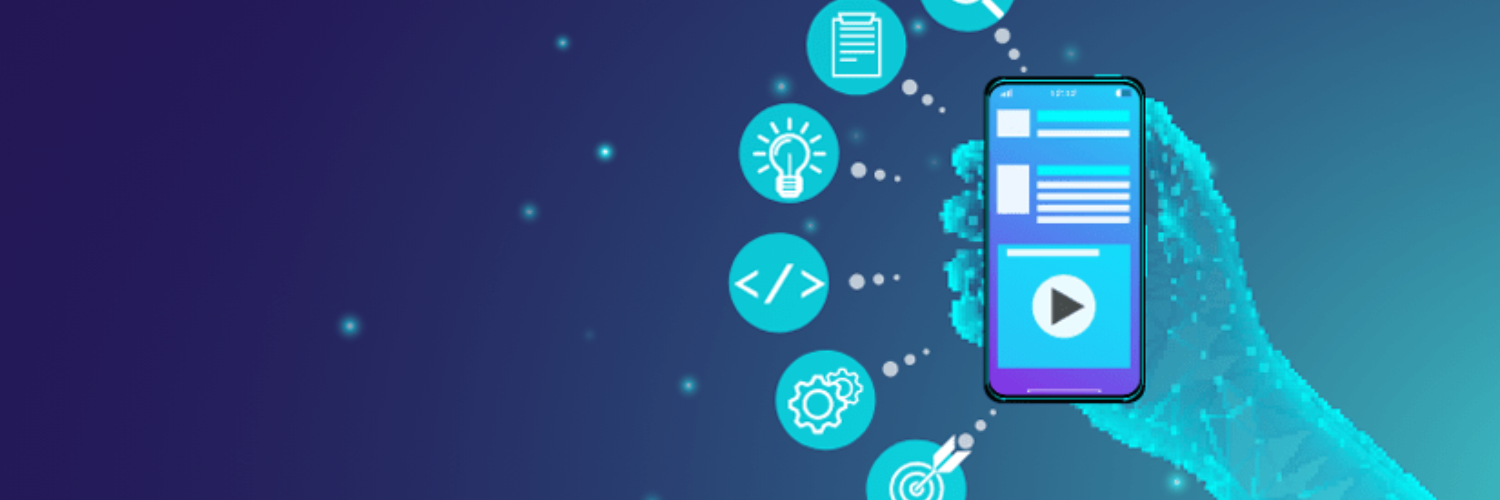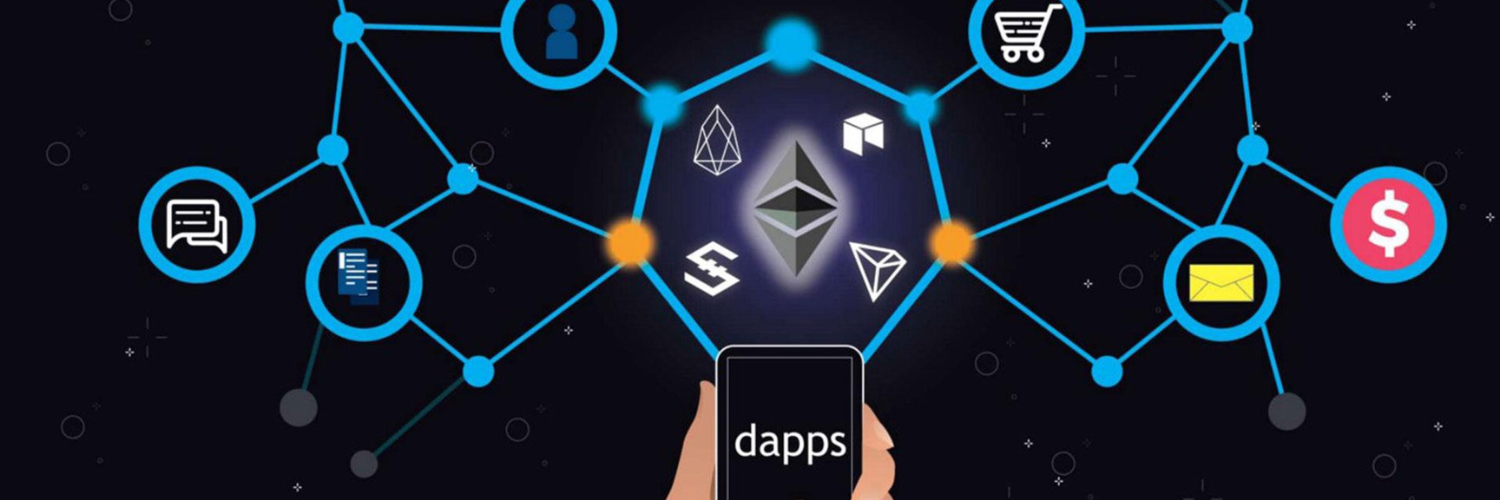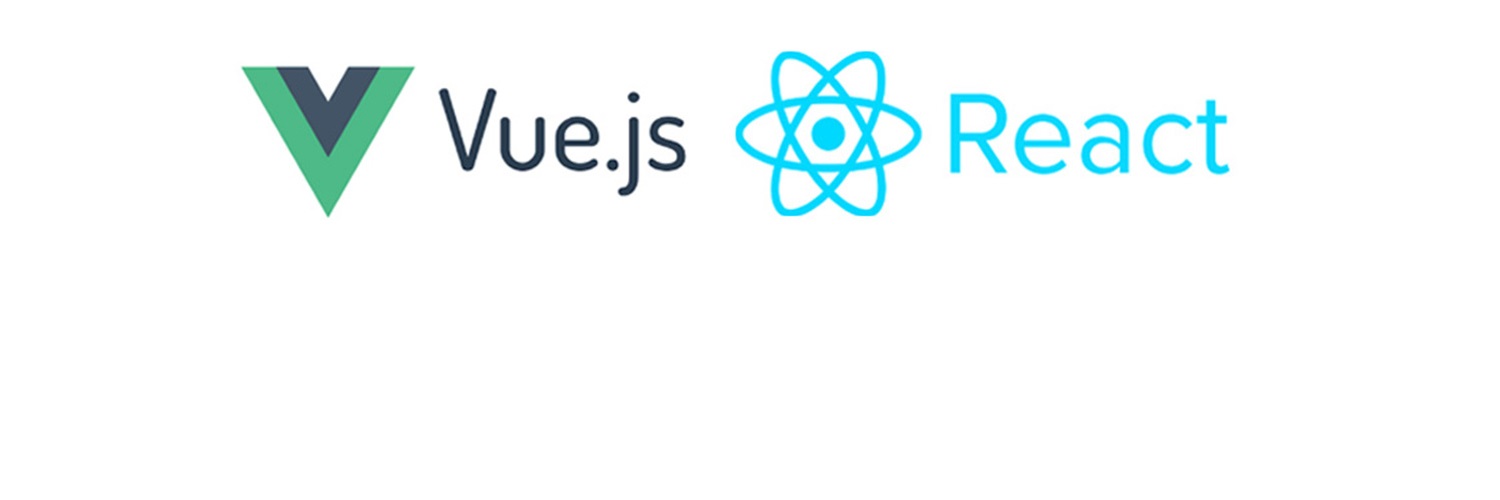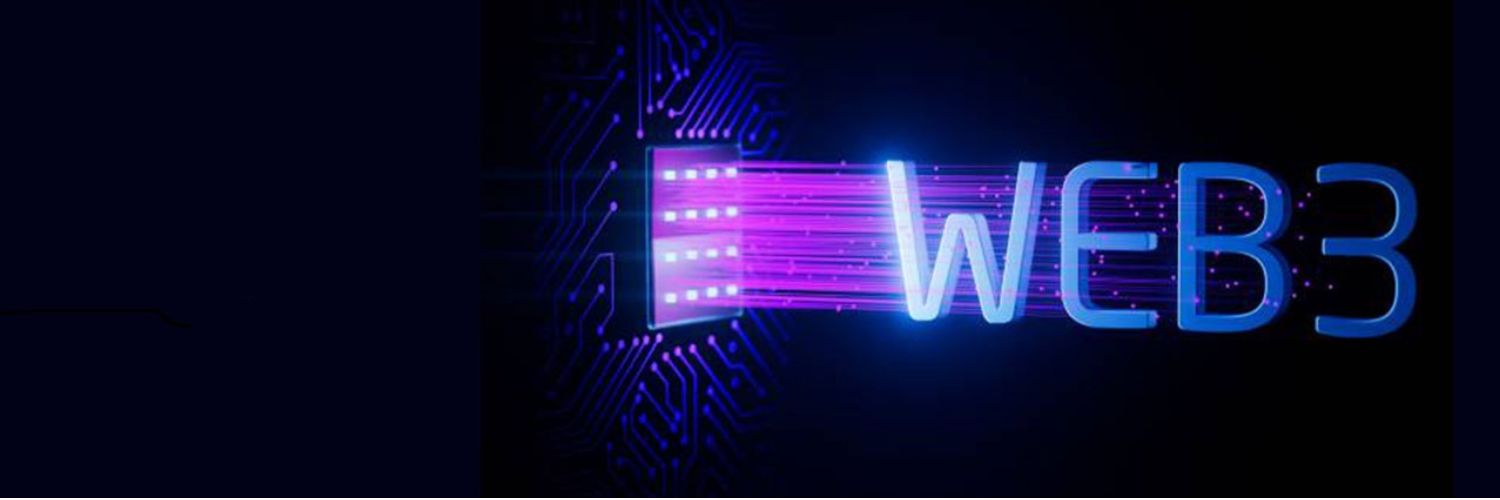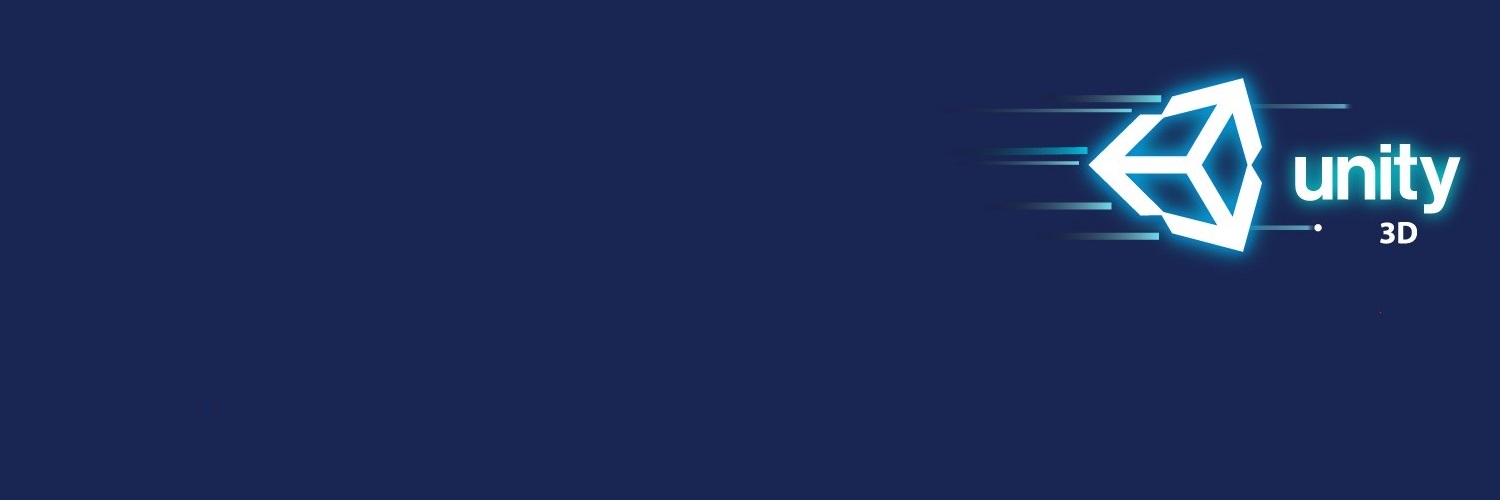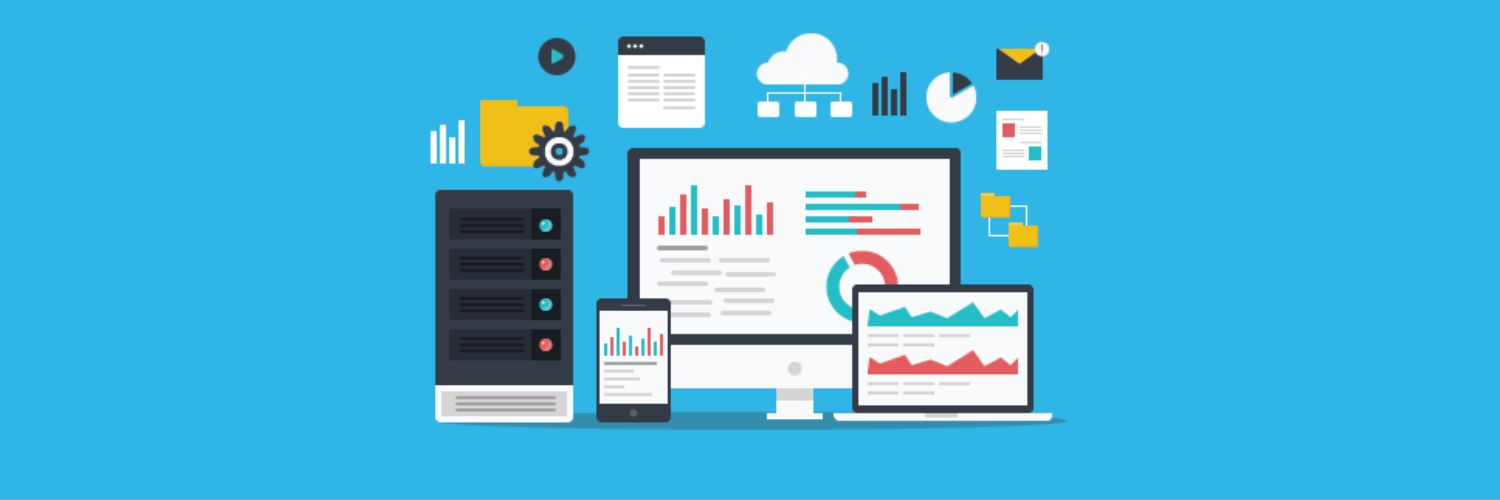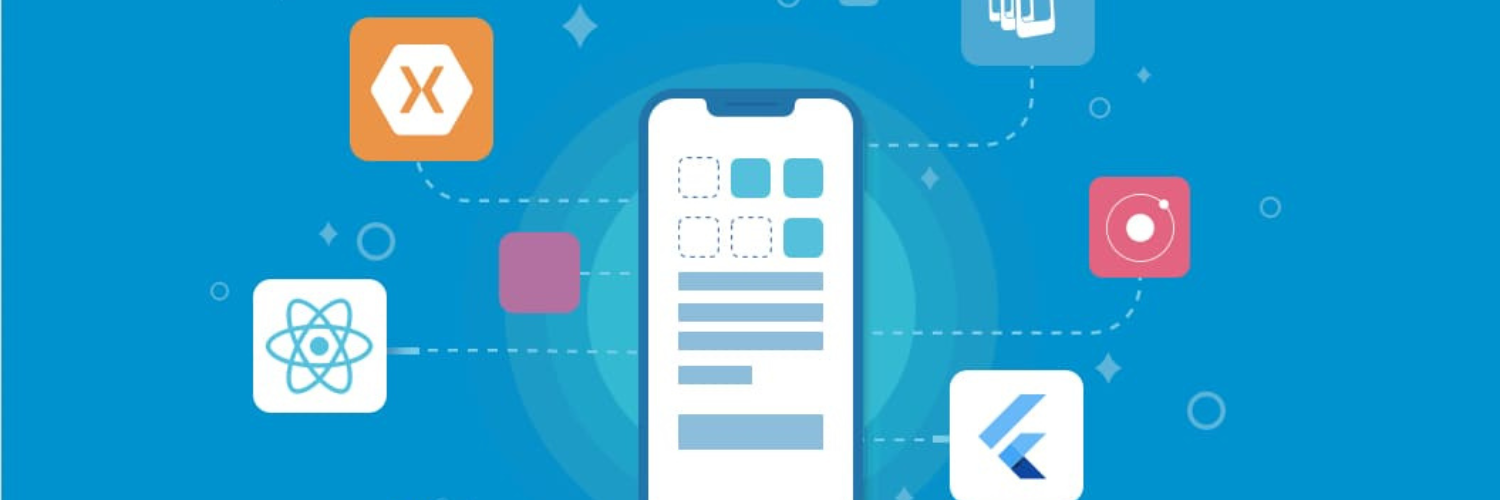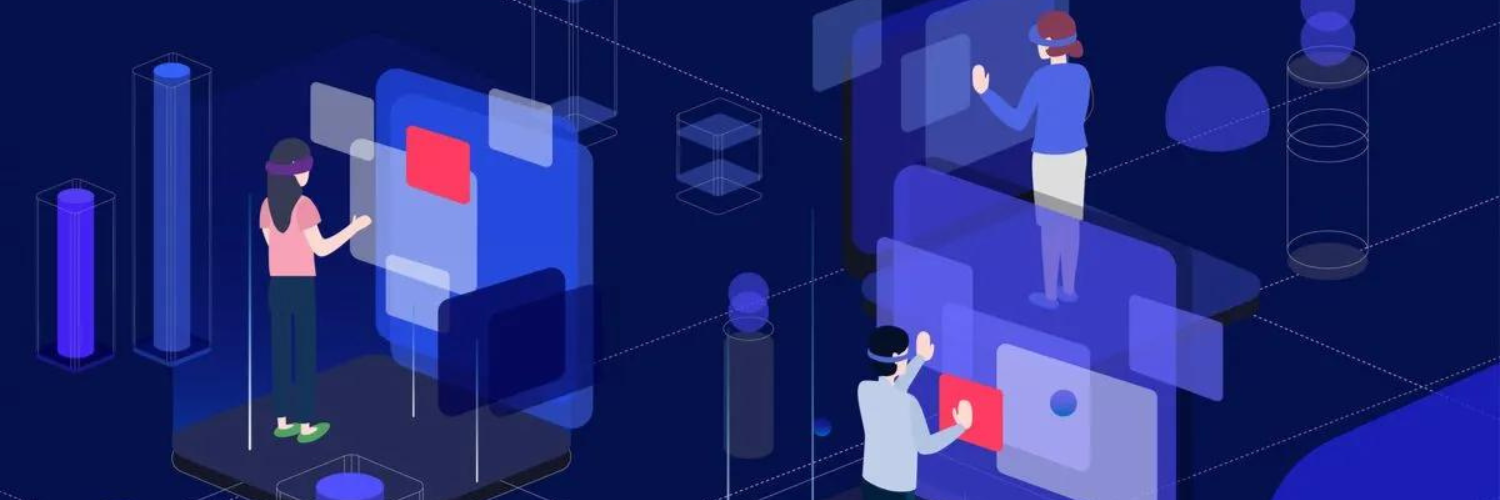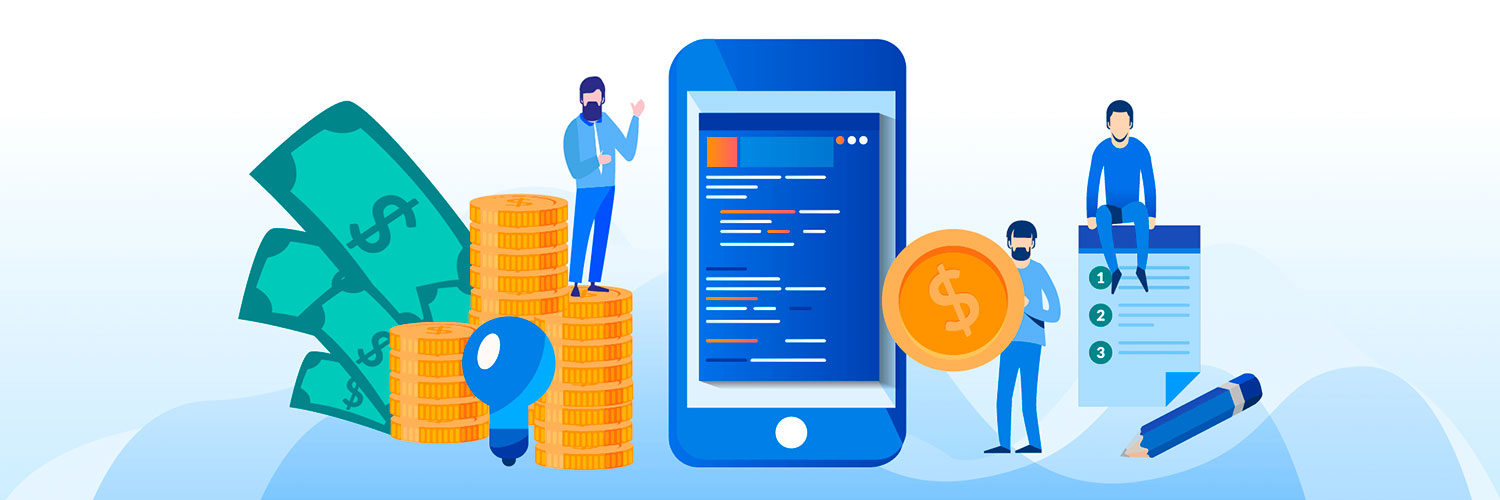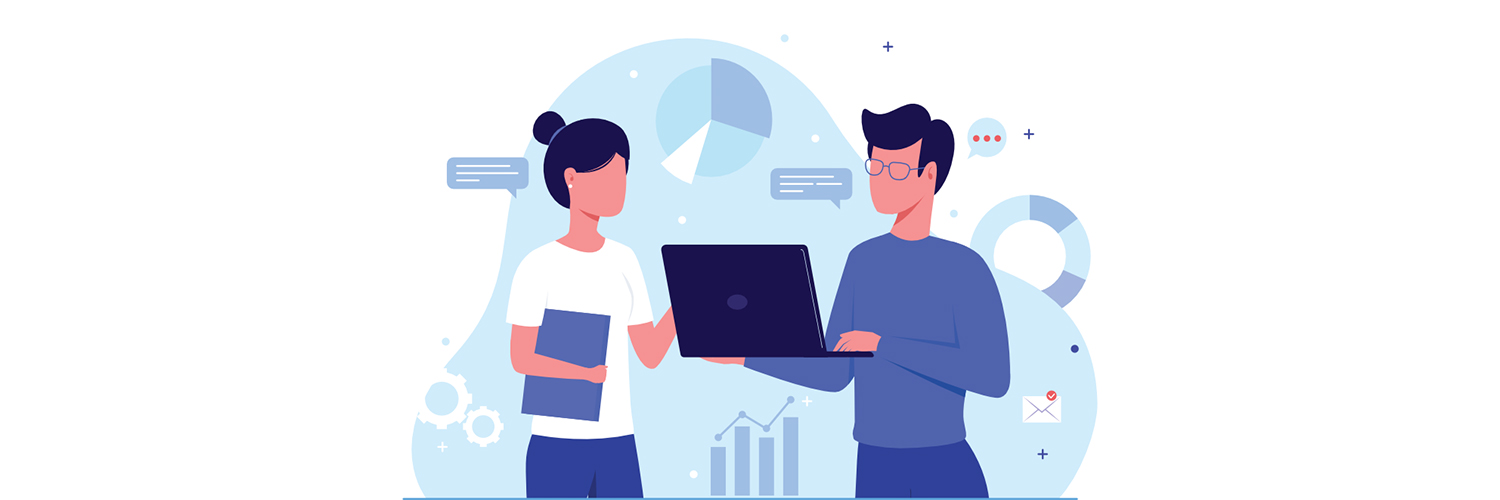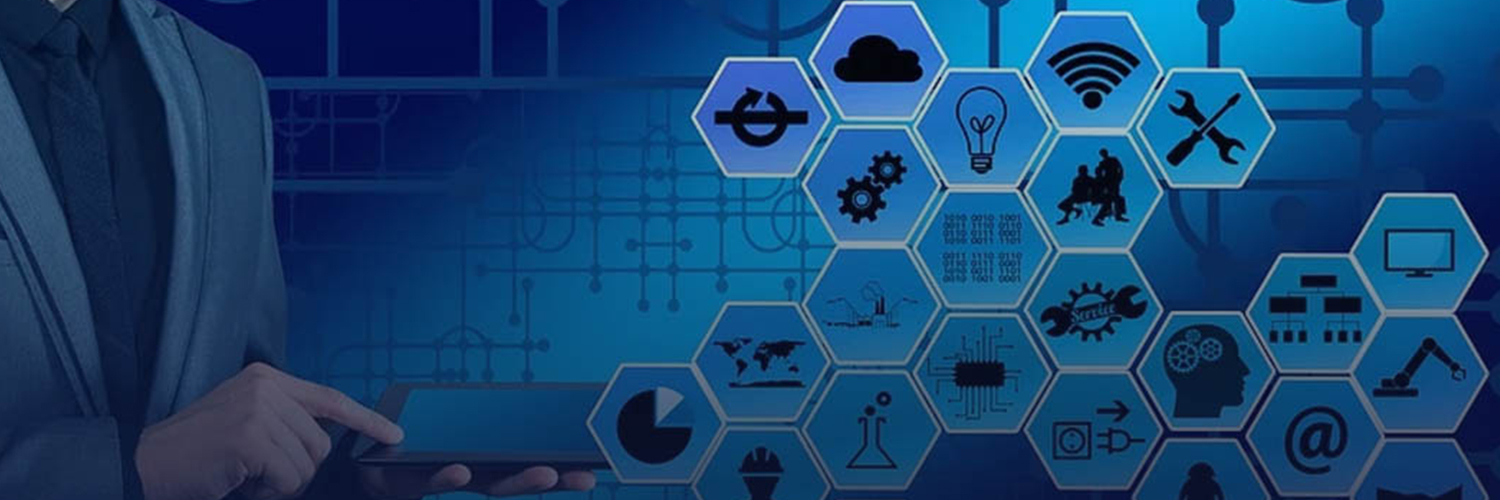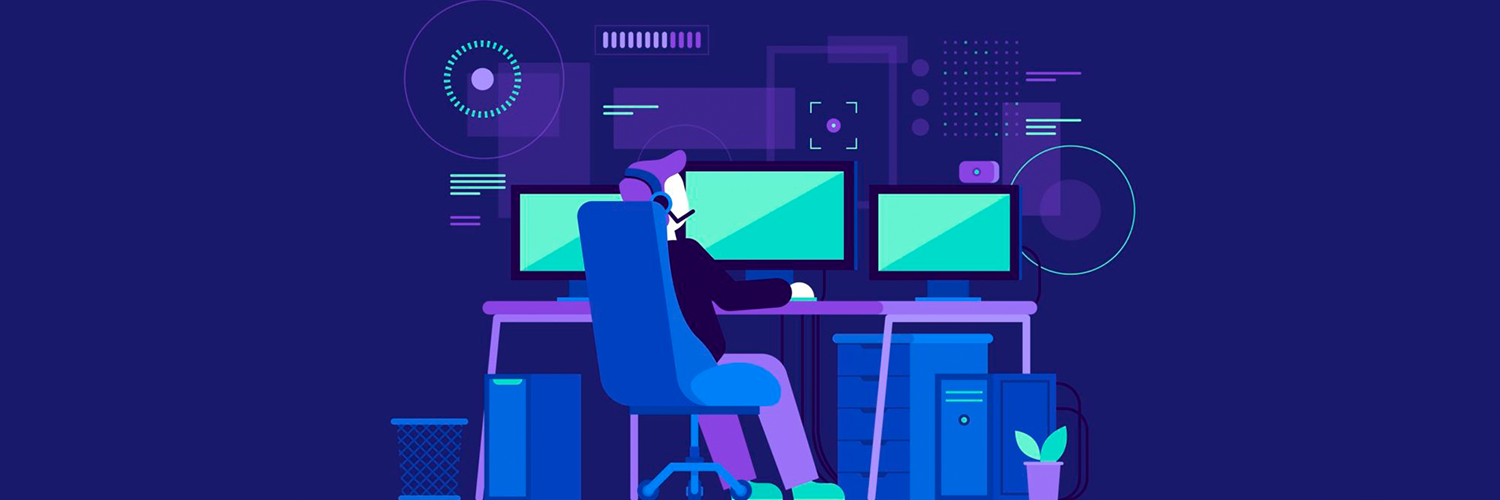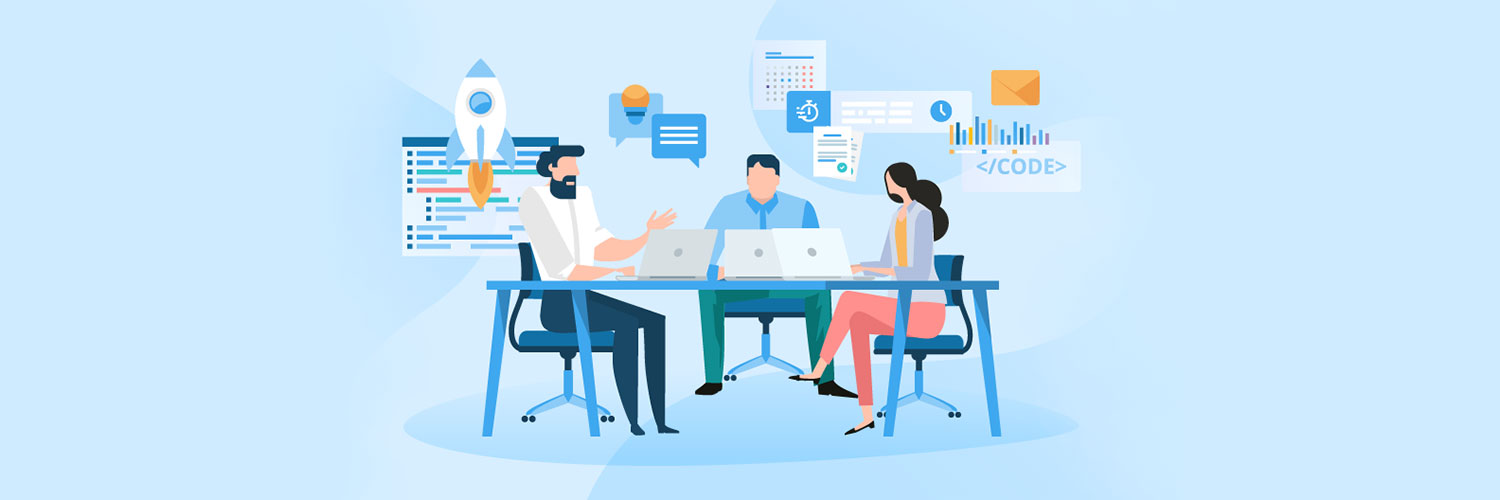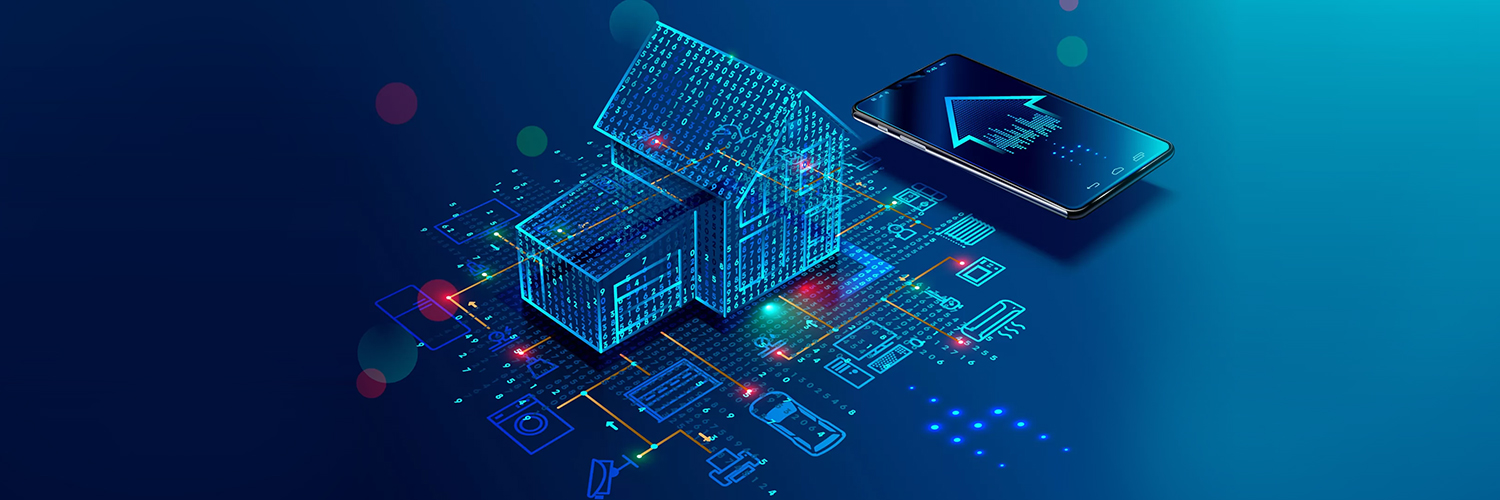Decentralized applications are emerging with over 70 million active users worldwide, and the number is growing fast.
Speaking of technology, in the last decade, we have seen the complete dominance of Web 2.0, which implies centralization. In app development, centralization means any application you deal with is managed and owned by a single person/company and runs on a single server or server cluster. The principle of its operation is simple: you download a copy of the application, and the application works by sending and receiving information from the server.
So, in other words, the application will not work if it is not connected to this server. Similarly, in case the centralized server fails, the app stops working on all user devices until the problem is fixed.
Facebook, WhatsApp, Netflix…- these are well-known examples of centralized applications.
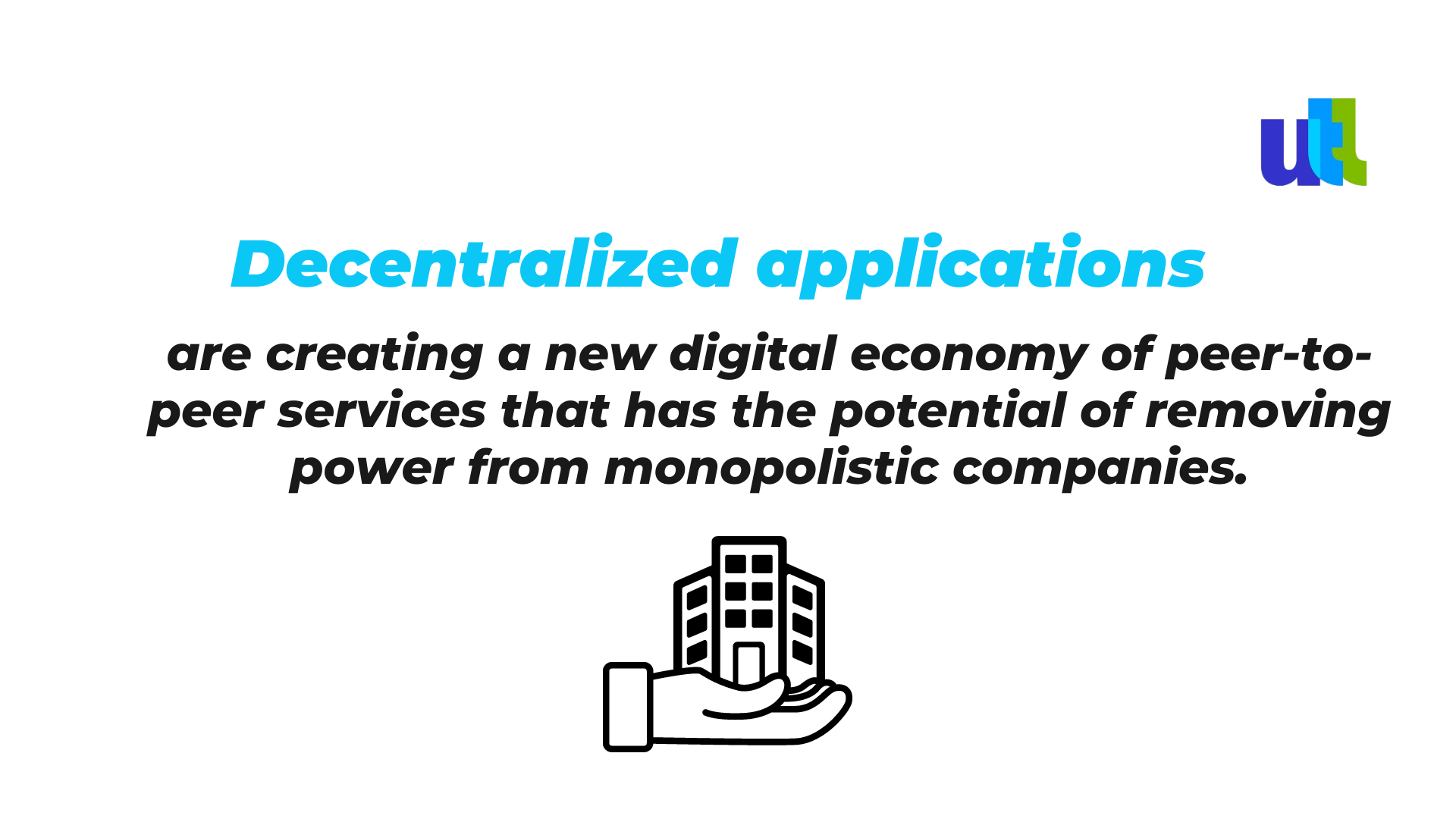
Still, centralized apps have several distinct advantages over dApps. For example, as an app developer, you retain complete control over the application, while it can handle large amounts of traffic and is much easier to update. In centralized applications, the update is automatically sent to the user’s device.
That’s it. And what about its disadvantages?
1. One of the most common problems occurs in case of a system error: no one can use the application until the problem is solved by an app development expert.
2. There are higher cybersecurity costs as you need to protect and secure the central server.
WEB3.0 and the era of DAPPs
A decentralized application (or dapp) is a digital application that operates on a blockchain or P2P network (such as BitTorrent, where participants can both download and distribute content simultaneously). As you might already have guessed, these applications existed long before the Web 3.0 era. But they were some rare exclusions.
To purchase a DApp, instead of downloading it, you pay the app developer (or app development company) a certain amount in cryptocurrency and download the smart contract or its source code (DApps are most often created on the Ethereum platform). There is no single center for the "distribution" of data.
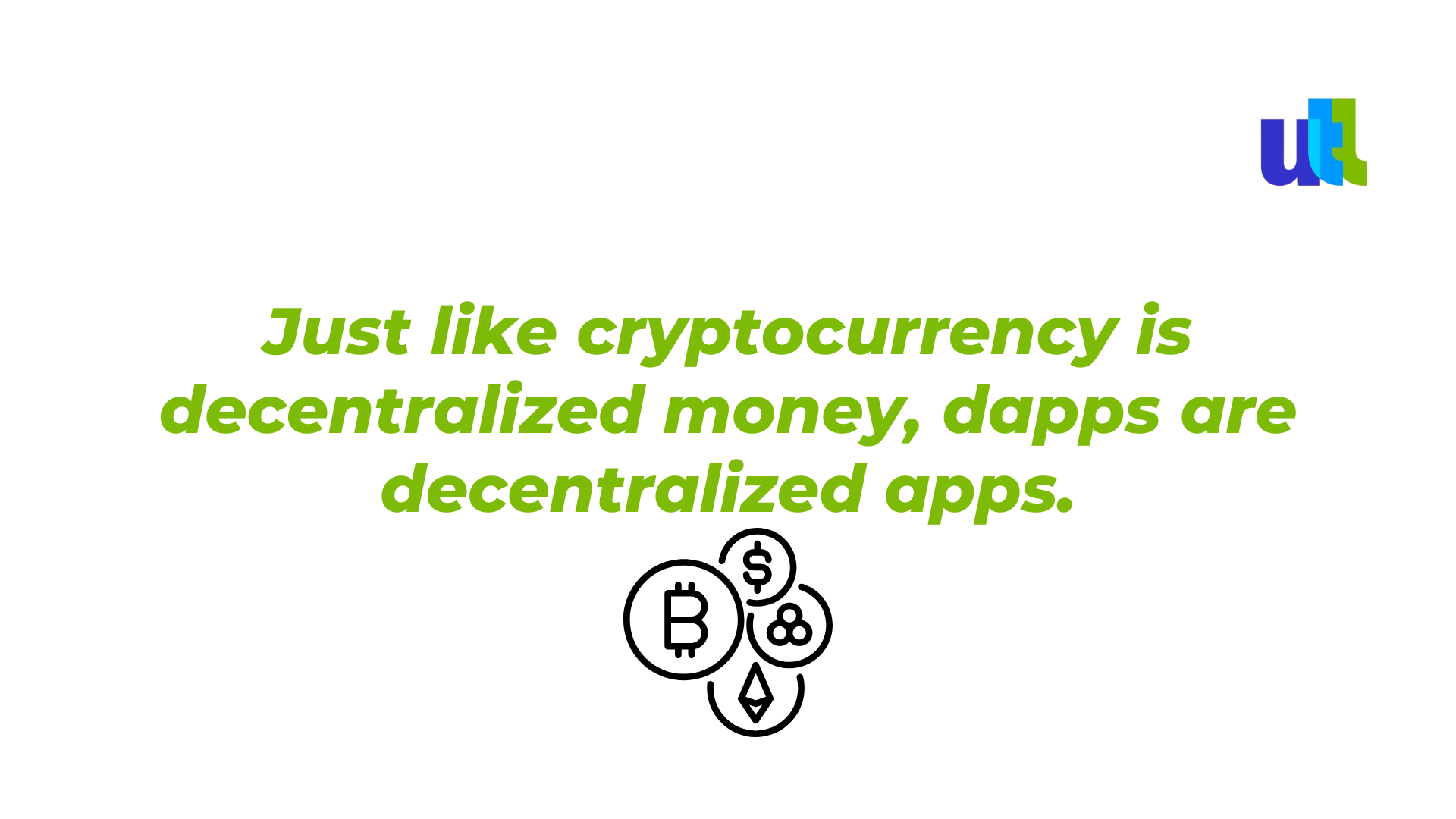
Ethereum has been the dominant platform for creating dapps so far. One of its first and primary goals was to make dapps easier to develop and launch.
Dapps are as varied as conventional apps: They can represent social networks, e-shops, games, entertainment, productivity tools, and more. Many serve as tools to help consumers access decentralized financial services (DeFi) and are sometimes categorized as "financial," "semi-financial" and "other."
What are Dapps Used for?
Speaking about the practical application of dApps, here are some of its use cases:
- DeFi – decentralized finance (the cryptocurrency market reached around $40 billion in 2021)
- Digital collectibles and NFT markets
- Decentralized Gaming (for example, the well-known Cryptokitties)
- Communication and social media (like Peepath, similar to Twitter)
- Marketplaces and e-commerce
- Healthcare (blockchain is used as a logistics method in the pharm industry)
In all these industries, app users might feel more secure knowing that the app creators cannot control how it is used - at least, not in the conventional way. For example, app development services providers that created a social network dapp are powerless to remove a post or exclude a user. They are also unable to sell and share users’ data to other entities simply because dapps run autonomously once they’re launched.
Advantages and Disadvantages of dApps
There are thousands of dApps being used and developed, but most of them have some common advantages and problems. Let’s have a look at some of such:
Pros
- It promotes user privacy
One of Dapps’ main advantages is the program's ability to safeguard user privacy. With decentralized apps, users do not need to submit their personal information to access the app. DApps use smart contracts to complete transactions between two anonymous parties without submitting data to any central authority.
- It resists censorship
DApps can be developed as alternative social media platforms. A decentralized social media platform would be resistant to censorship since no single participant on the blockchain can delete or cancel messages from being posted.
- A flexible app development software
Ethereum is a flexible platform that provides all the necessary infrastructure for decentralized app developers. Thus, they can focus their efforts on finding innovative uses while also enabling rapid deployment of dApps for a variety of industries (such as banking and finance, gaming, social media, and e-commerce)
- Zero downtime
Once a smart contract is deployed on the blockchain, the network is always there to serve parties looking to interact with it. This makes it hard for hackers to launch denial-of-service attacks targeted toward individual dapps.
- Constant availability
Because there is no single server, users will not lose access to the application even if the server goes down.
- Data integrity
Since there is no centralized storage, user data will not be compromised in case of a data leak or hacking attempt.
Cons
- It is still experimental and may not be easy to scale
The use of dApps is still in the early stages and thus there are questions as to whether the applications will be able to scale effectively. For example, some app development experts say dapps might cause significant computations and overloads, causing network congestion.
- Challenges in developing a user-friendly interface
A user-friendly interface is another concern of many app development firms. The challenge is to create an end-user experience and level of performance that rivals already popular and familiar centralized applications.
- More difficult code modifications
The challenge of doing code modifications is another limitation of dApps. Once launched and in use, a dApp will likely need some changes and upgrades to increase performance, correct bugs, and eliminate security risks. According to Ethereum app development experts, this might be challenging since the data and code published on the blockchain are hard to modify.
- Your target audience is smaller
Since cryptocurrencies and blockchain are not yet mainstream technologies, it can be difficult for you to get people to your dApp very fast.
One more important point
The fact that all dApps are open source allows app developers to create with no limits, combine and recombine different elements from different projects and introduce new types of applications and app services. This encourages innovation while leaving space for imagination.
Let’s wrap up
- Decentralized Apps rely on backend code, typically a smart contract.
- This digital contract helps set the actions needed to run the dApp according to the terms and conditions specified in the smart contract.
- If the requirements of the contract are met, an action (or transaction) is executed inside the P2P network right away, while all the details are properly recorded and stored in the blockchain.
- If conditions are not met, dApps actions are neutralized and the system turns back to its initial state.
Like conventional apps we are used to, dApps can be a gateway into a wide array of digital experiences.
The benefits that come from decentralization are certainly drawing the attention of companies and investors who aim at creating applications that bring more value to users, while also being more secure and private.
Our app development experts in Utah expect that dApps will become an alternative to traditional applications as blockchain technology continues to expand and prove its benefits.
We will be glad to assist you with any questions regarding the technology as well as give a helping hand in the development process of your decentralized application.
Utah Tech Labs - leading App development company in Utah
For free consultation about decentralized applications click here.
----------------------------------------------------------------------------------------------
View the full presentation:
WRITTEN BY
Sofia Kutko
2022-12-22

